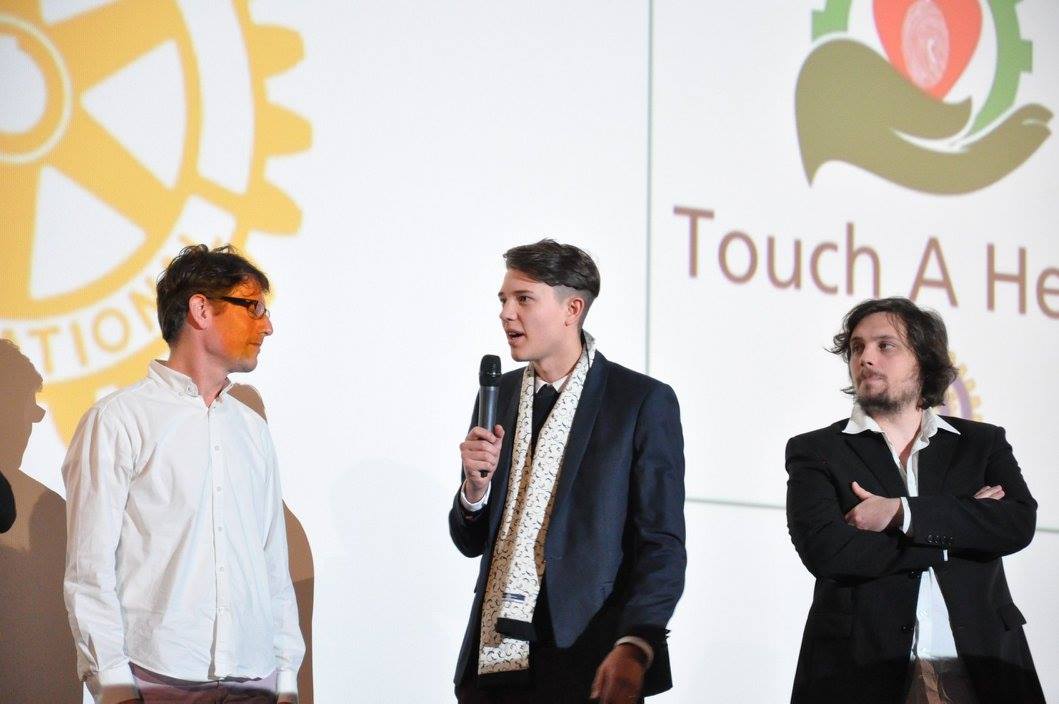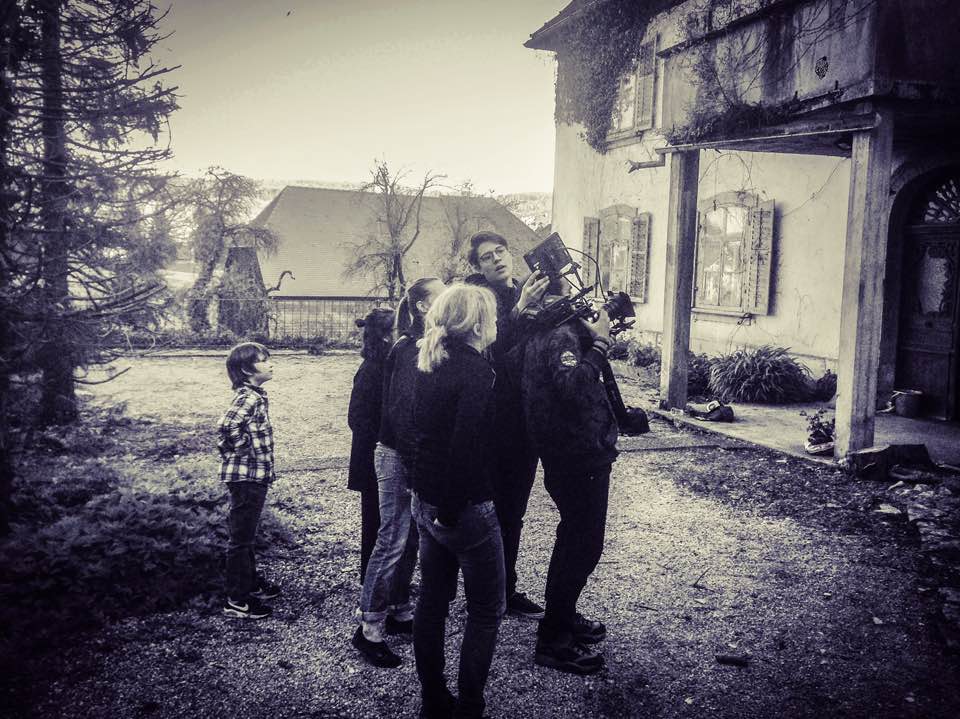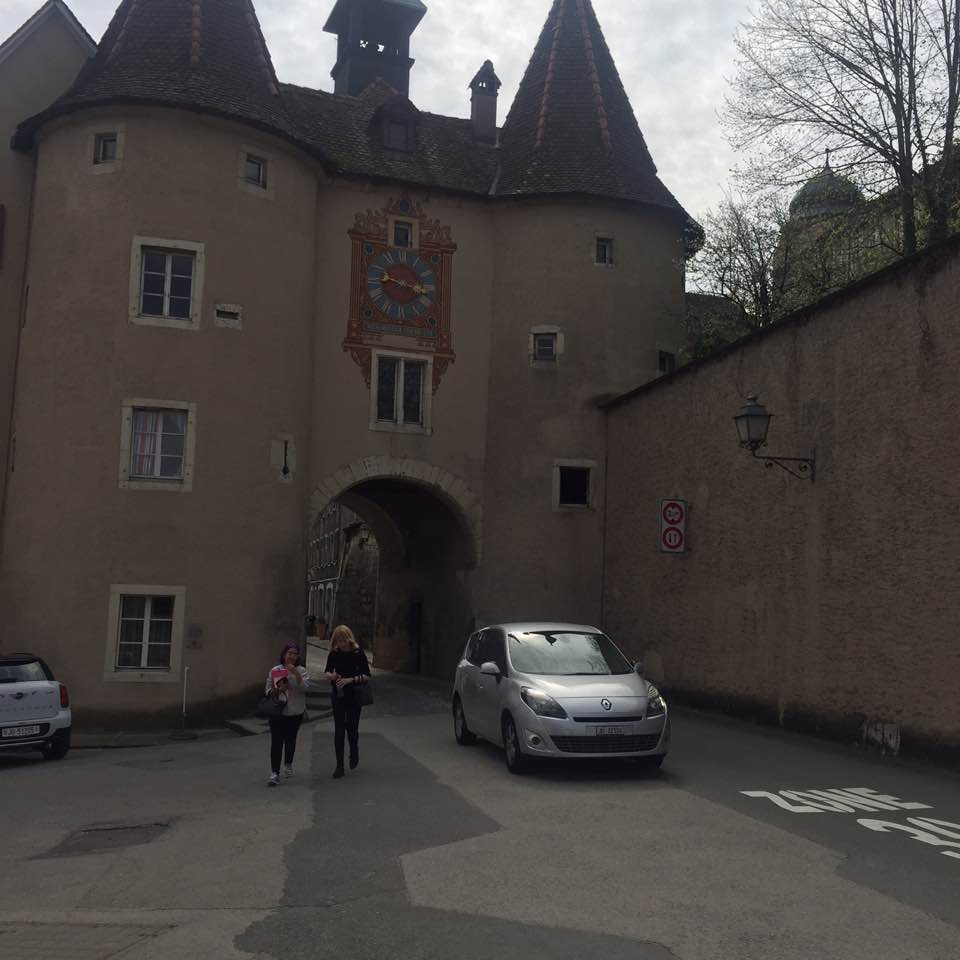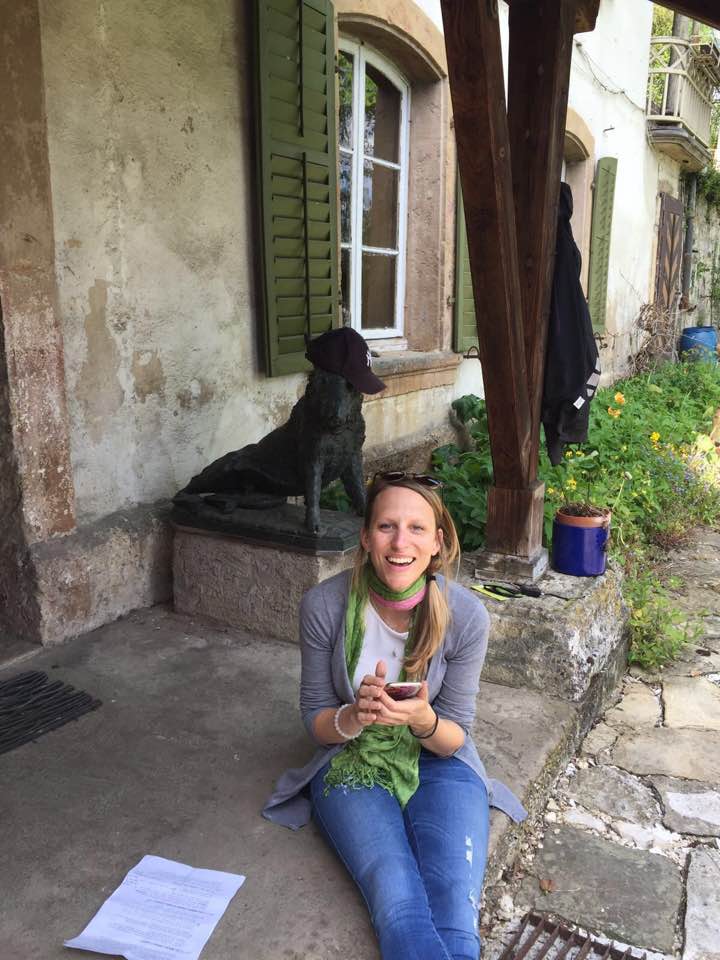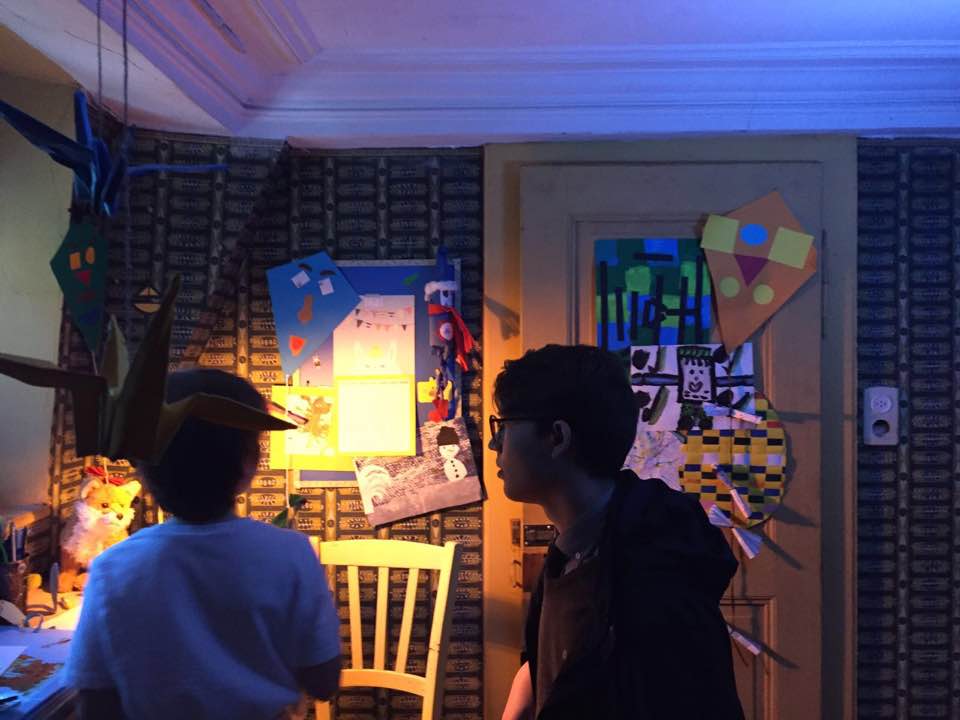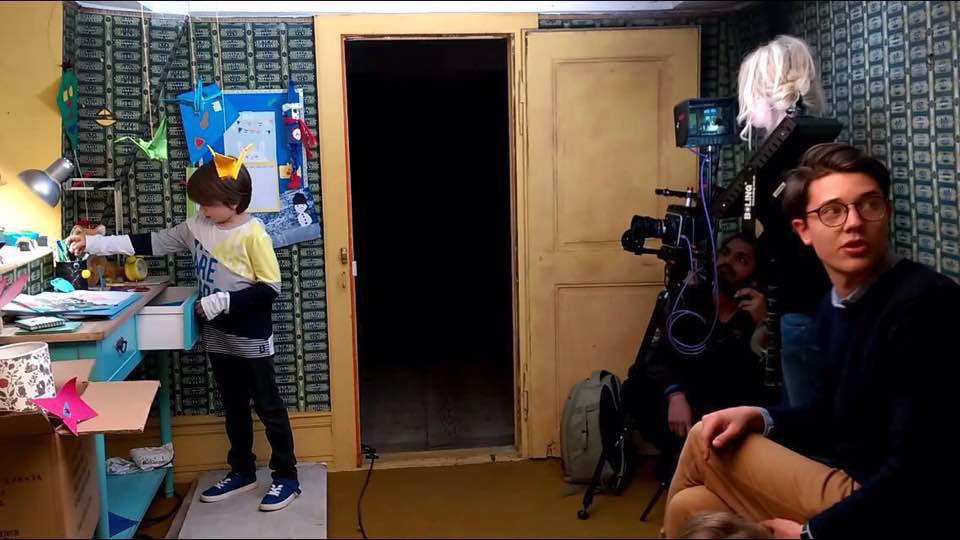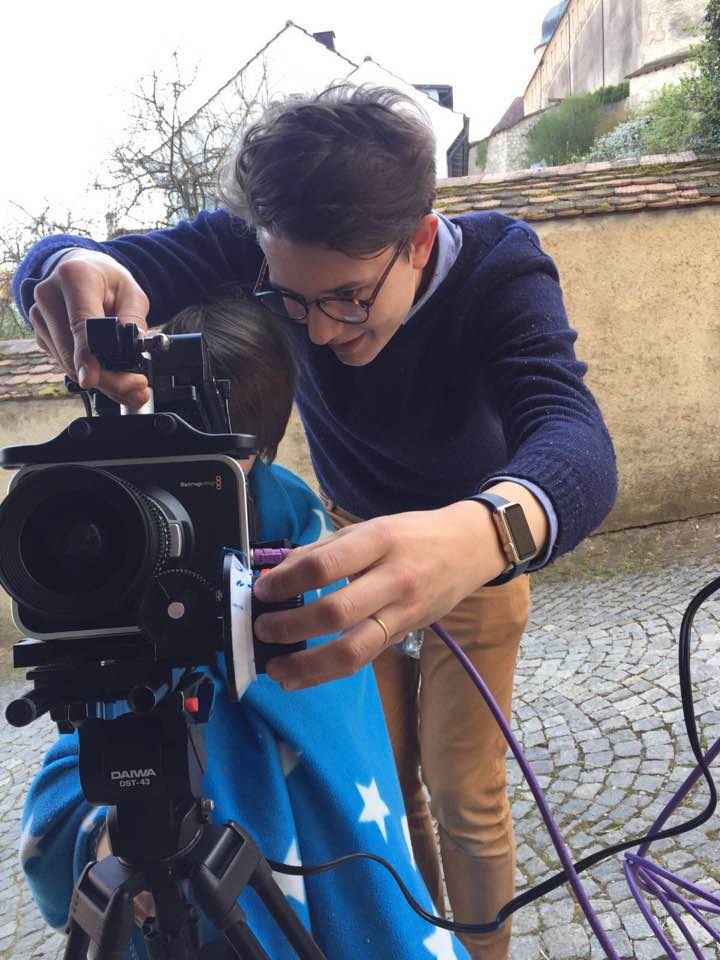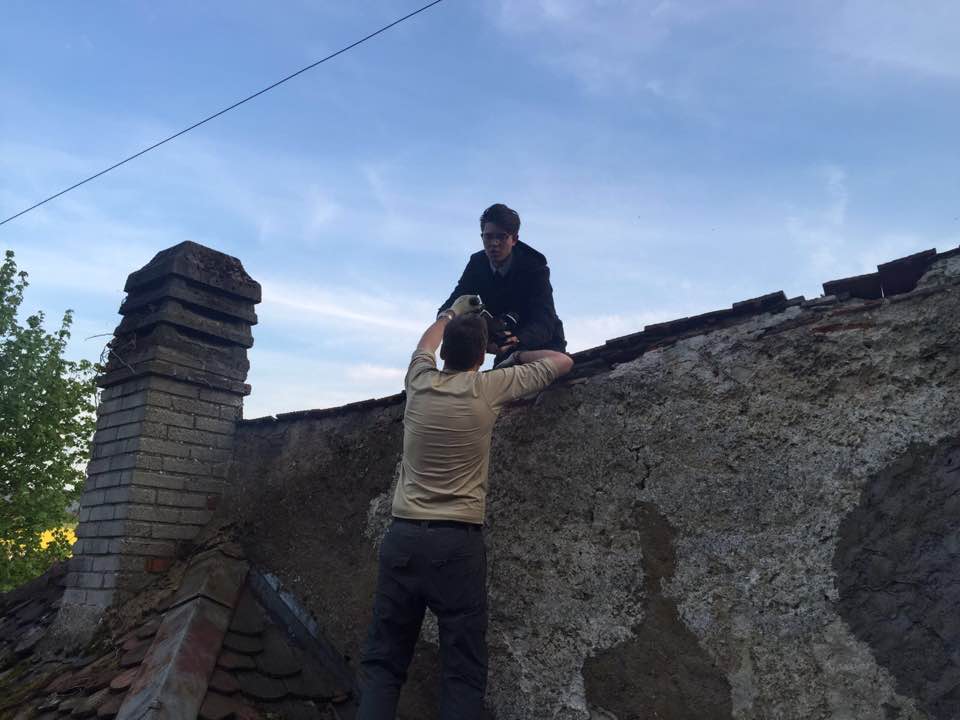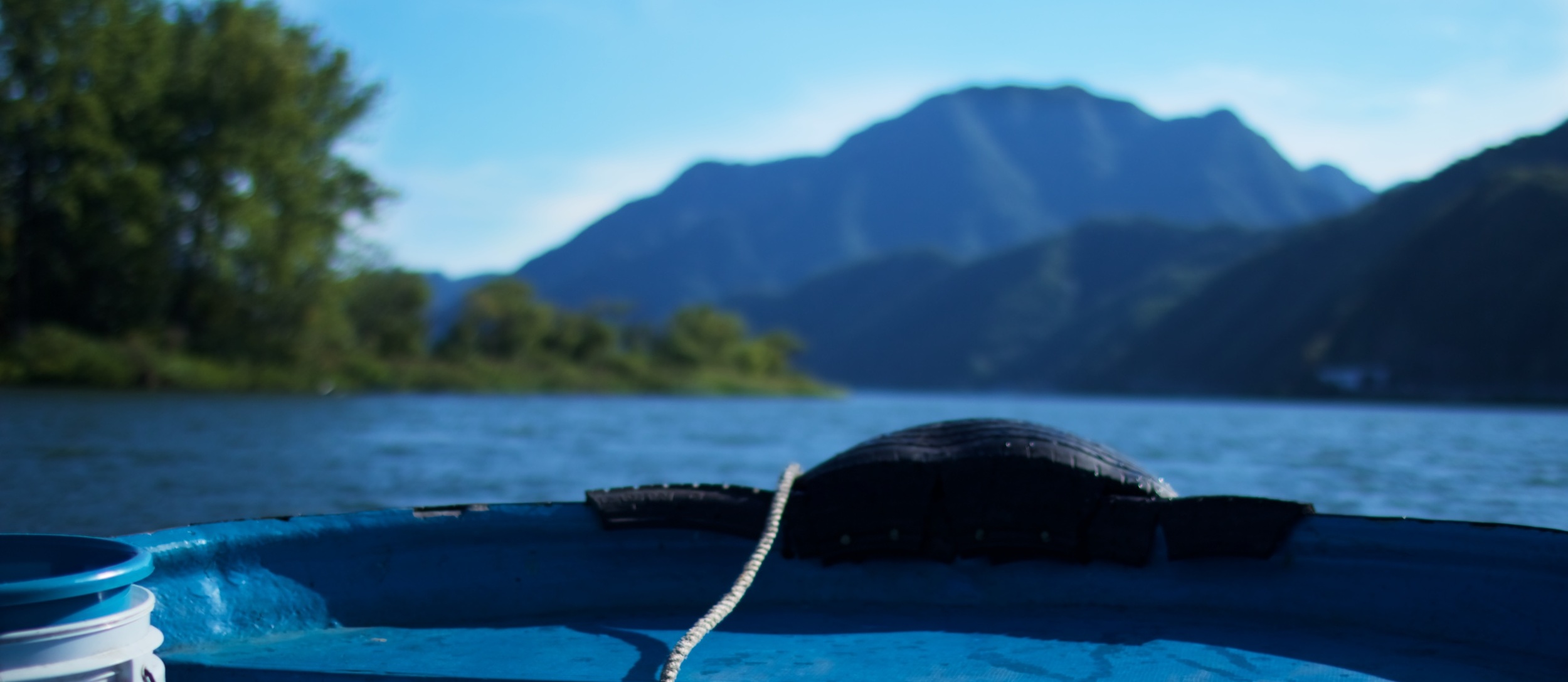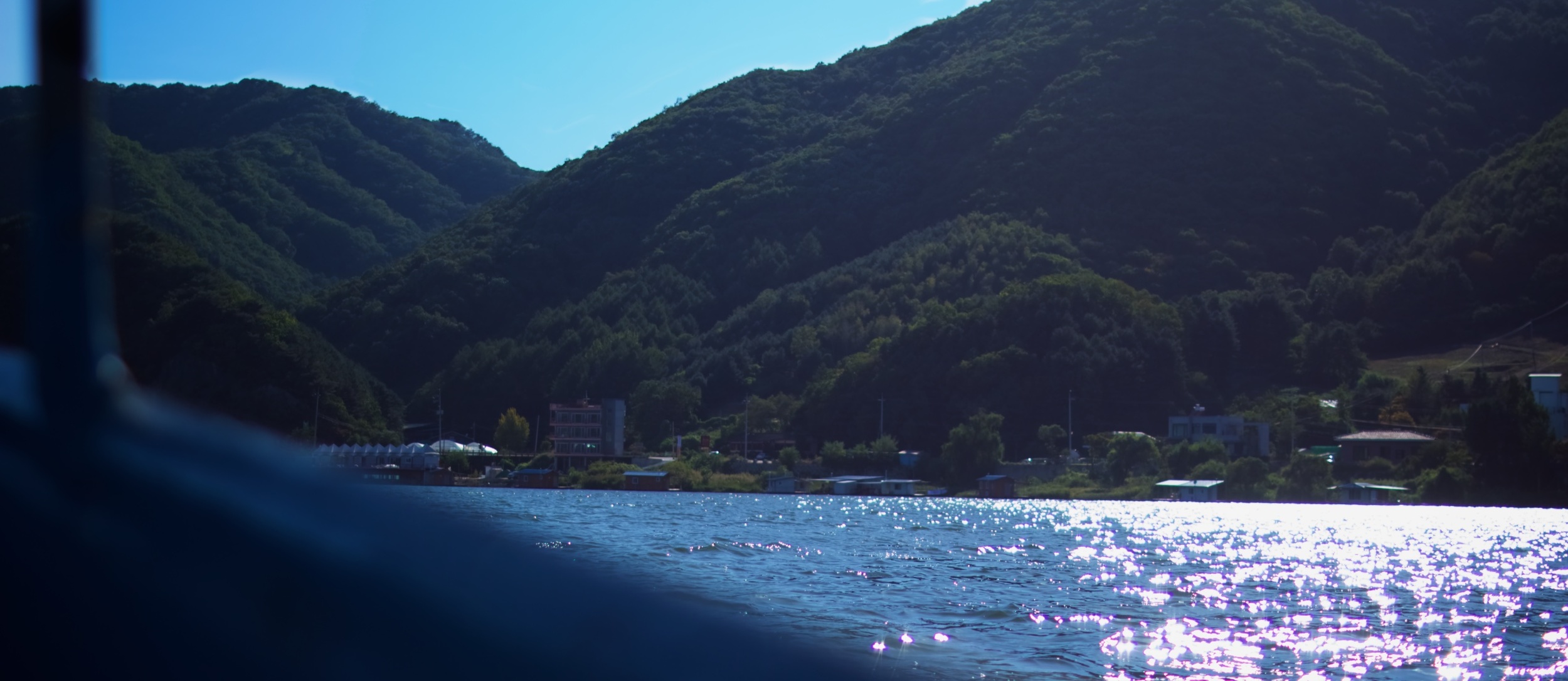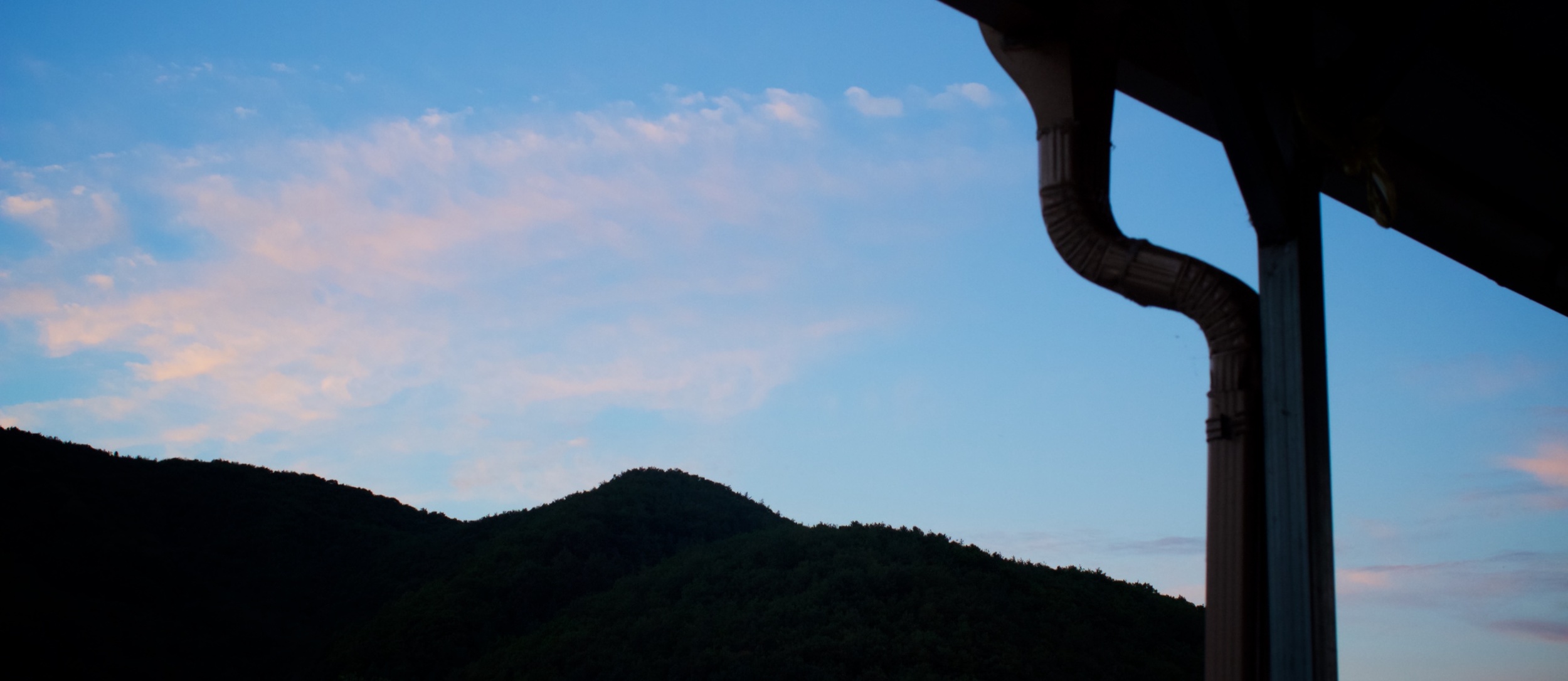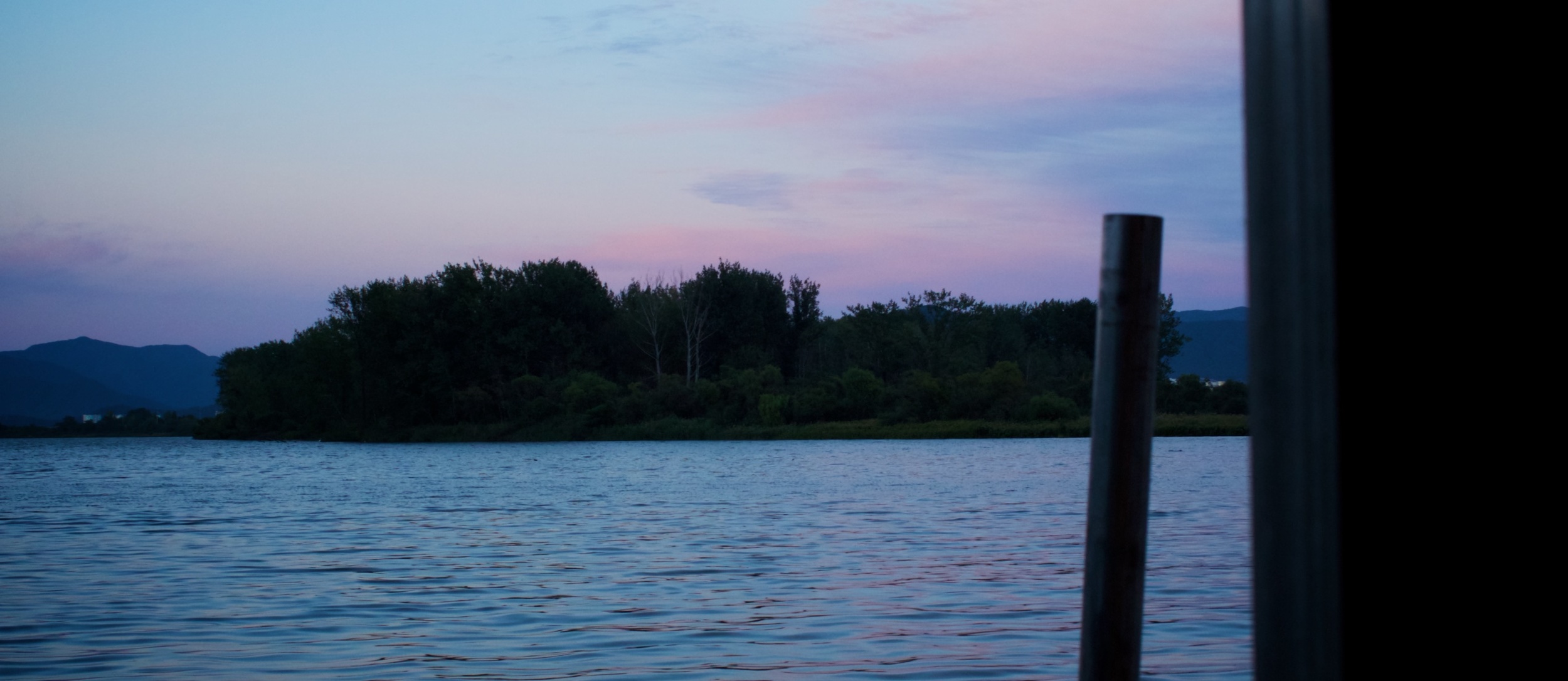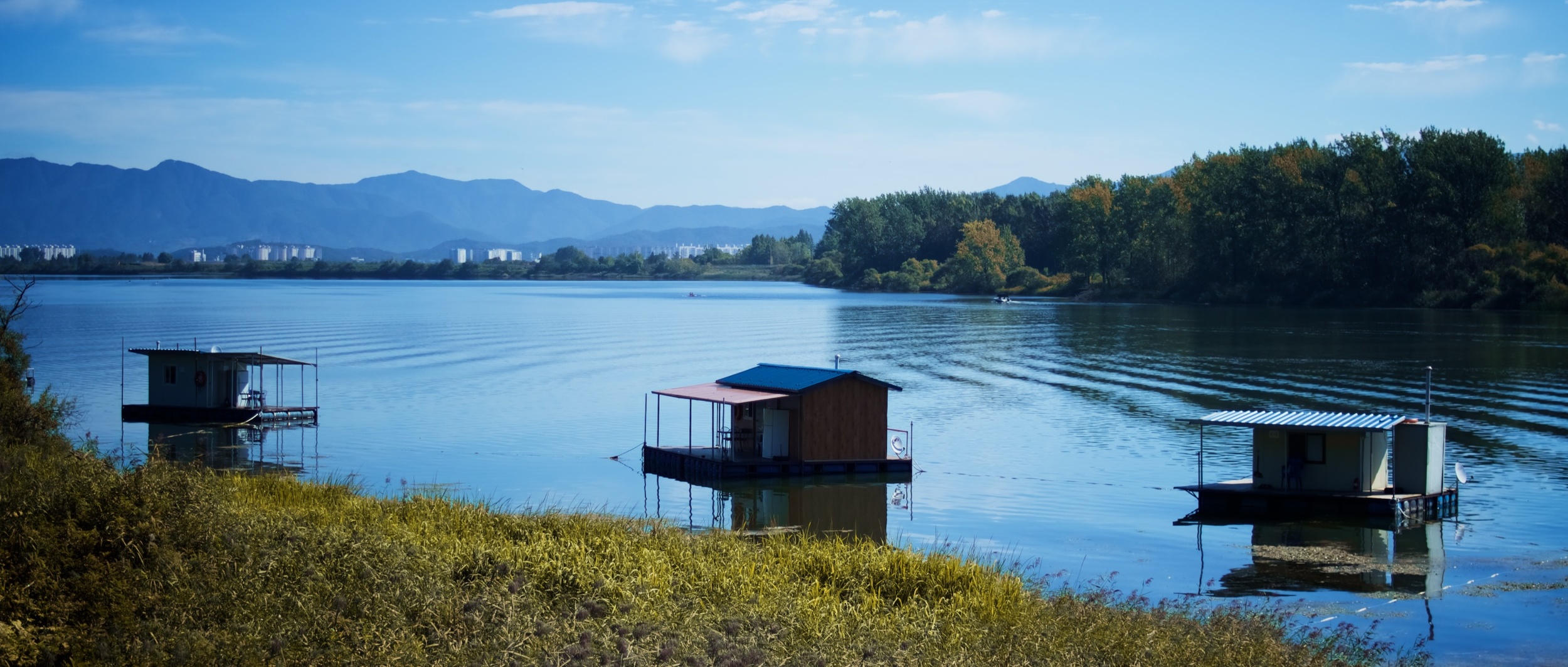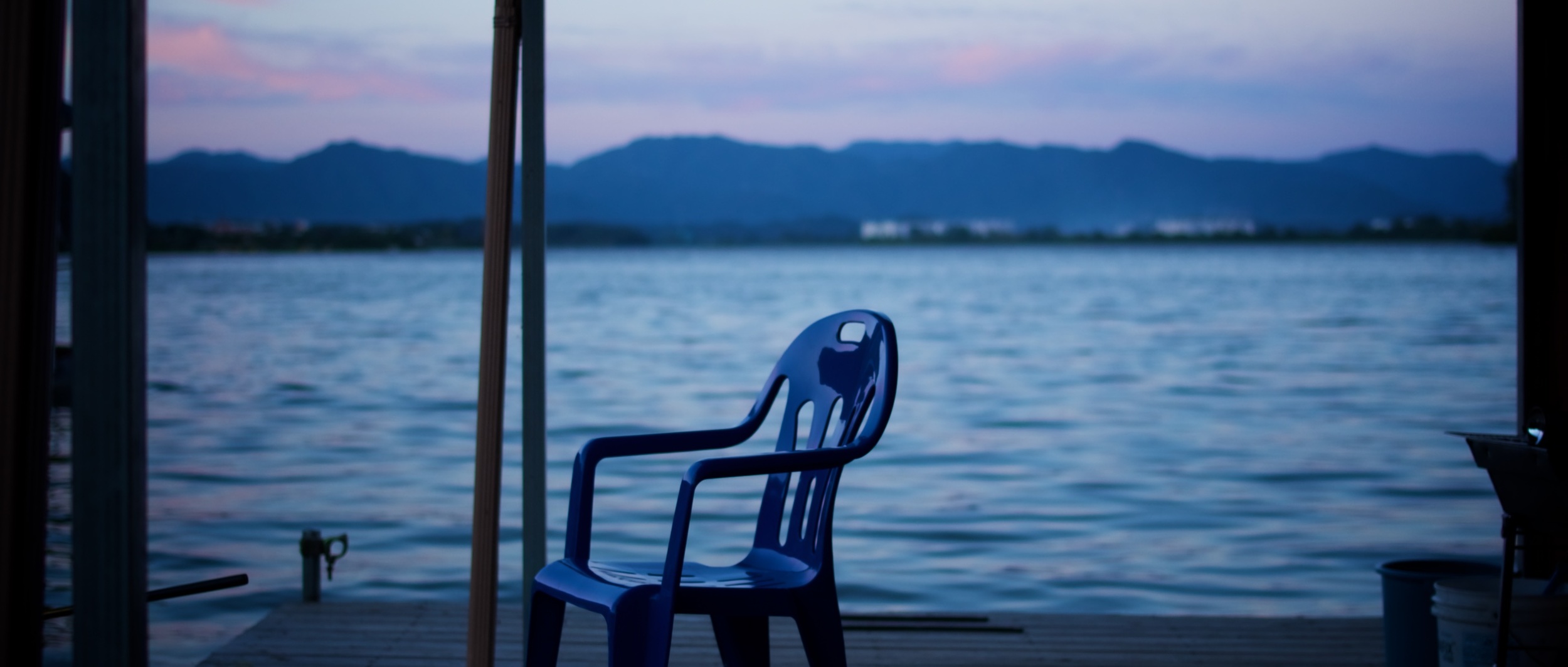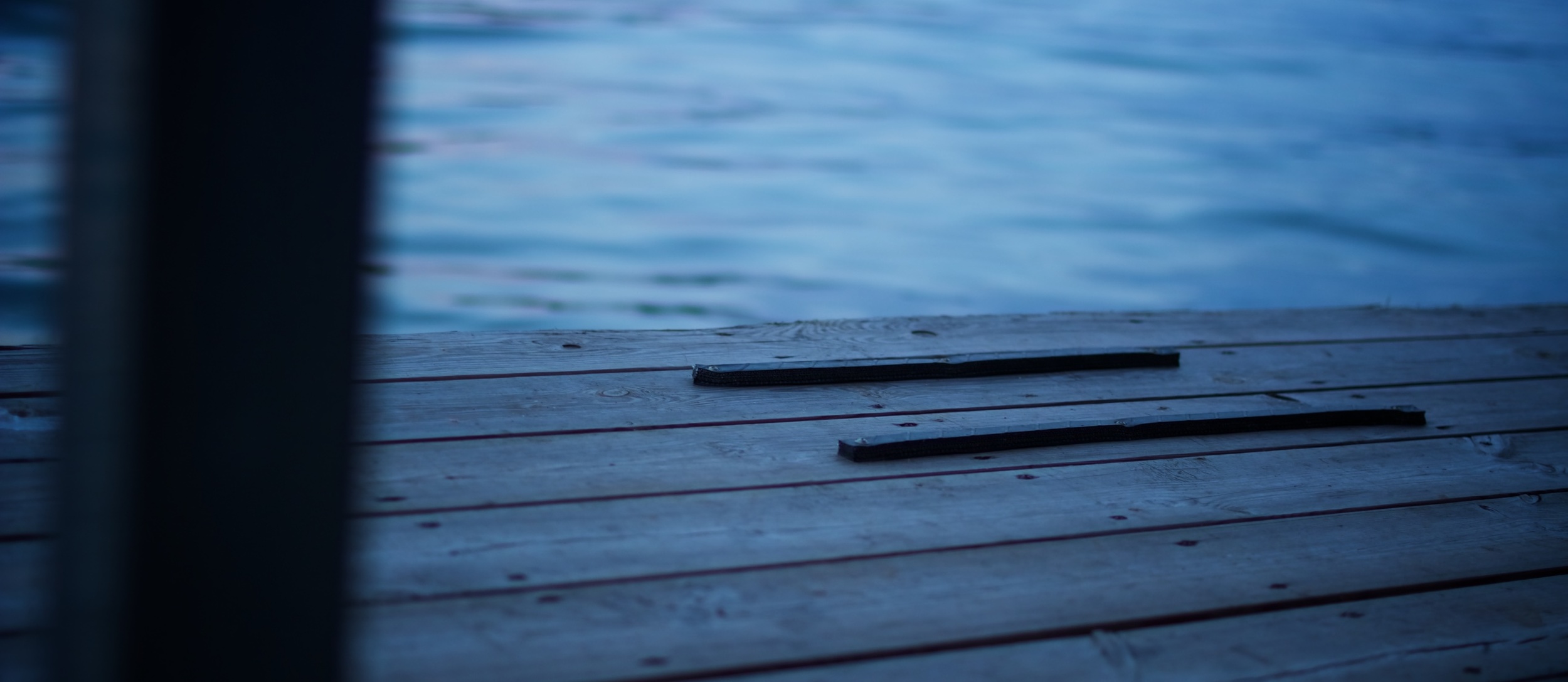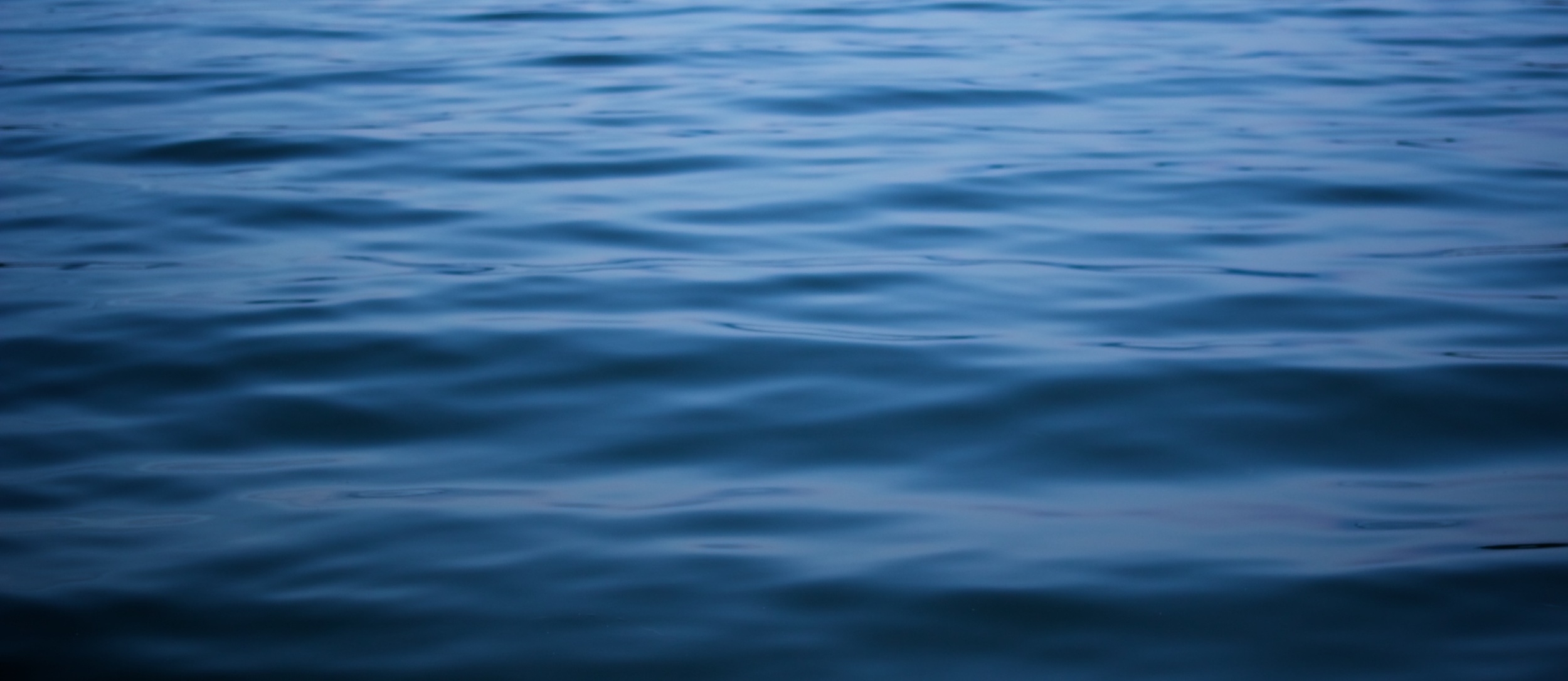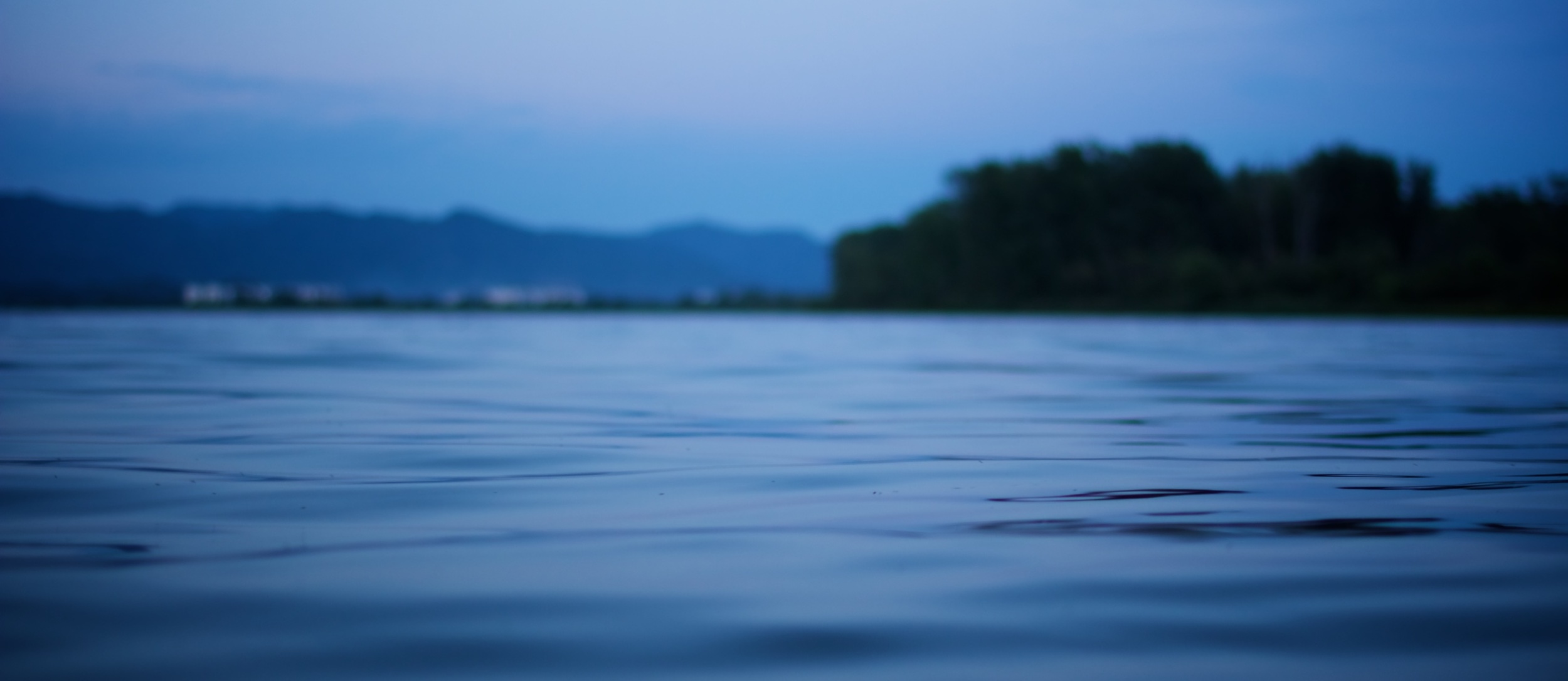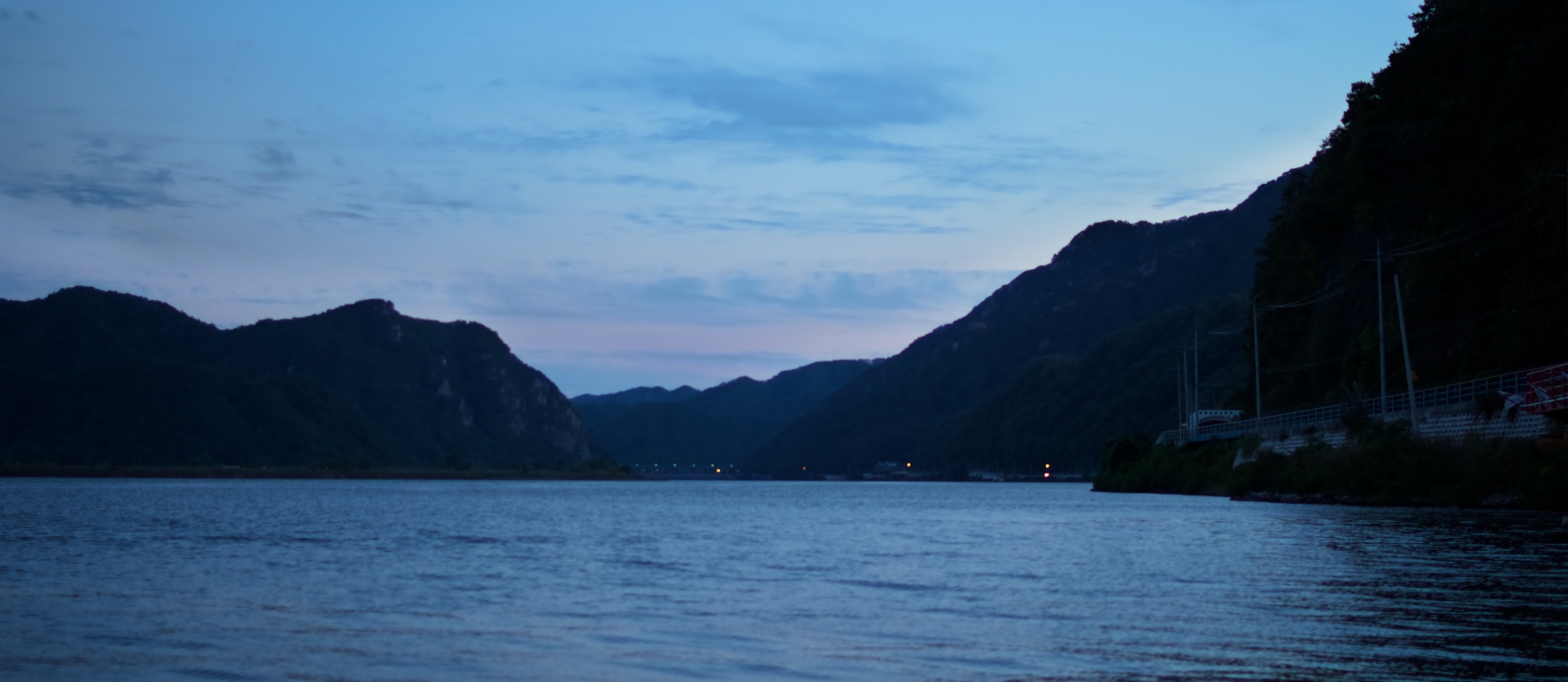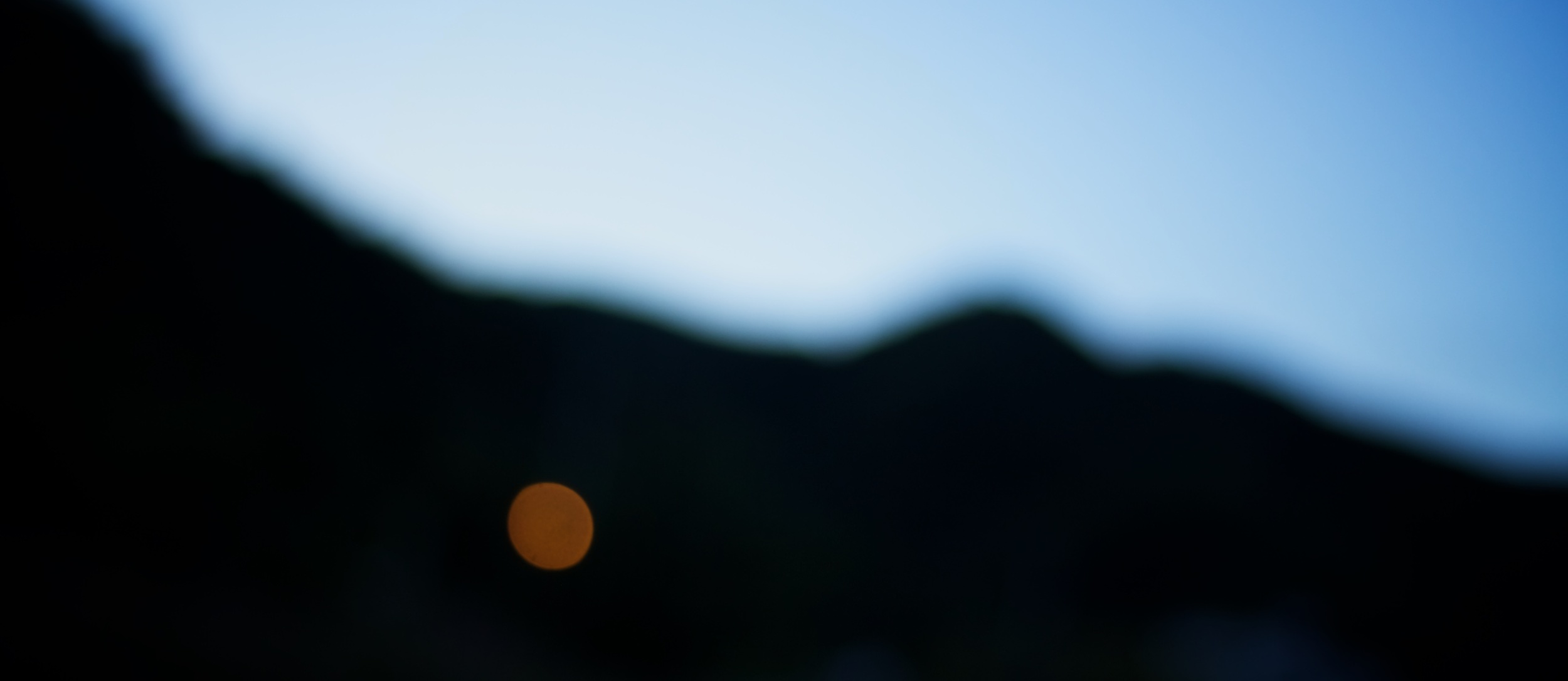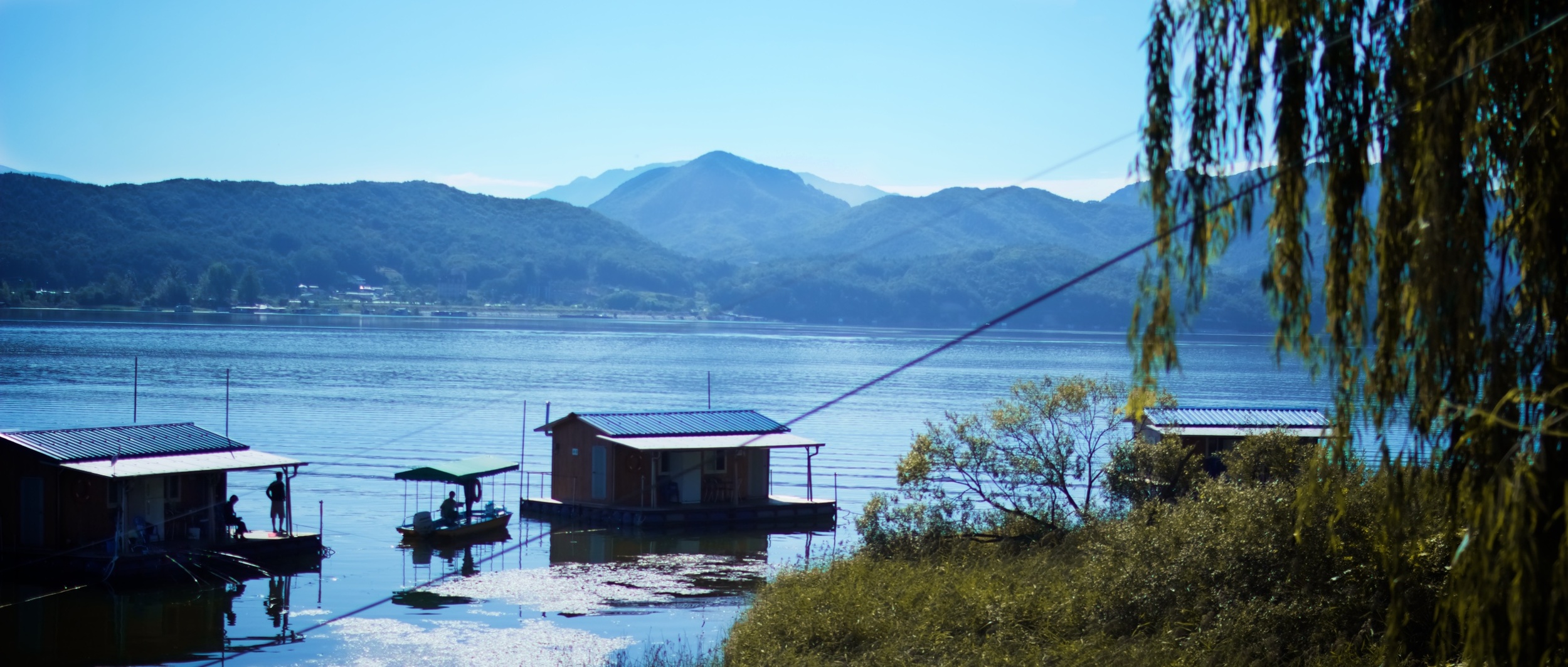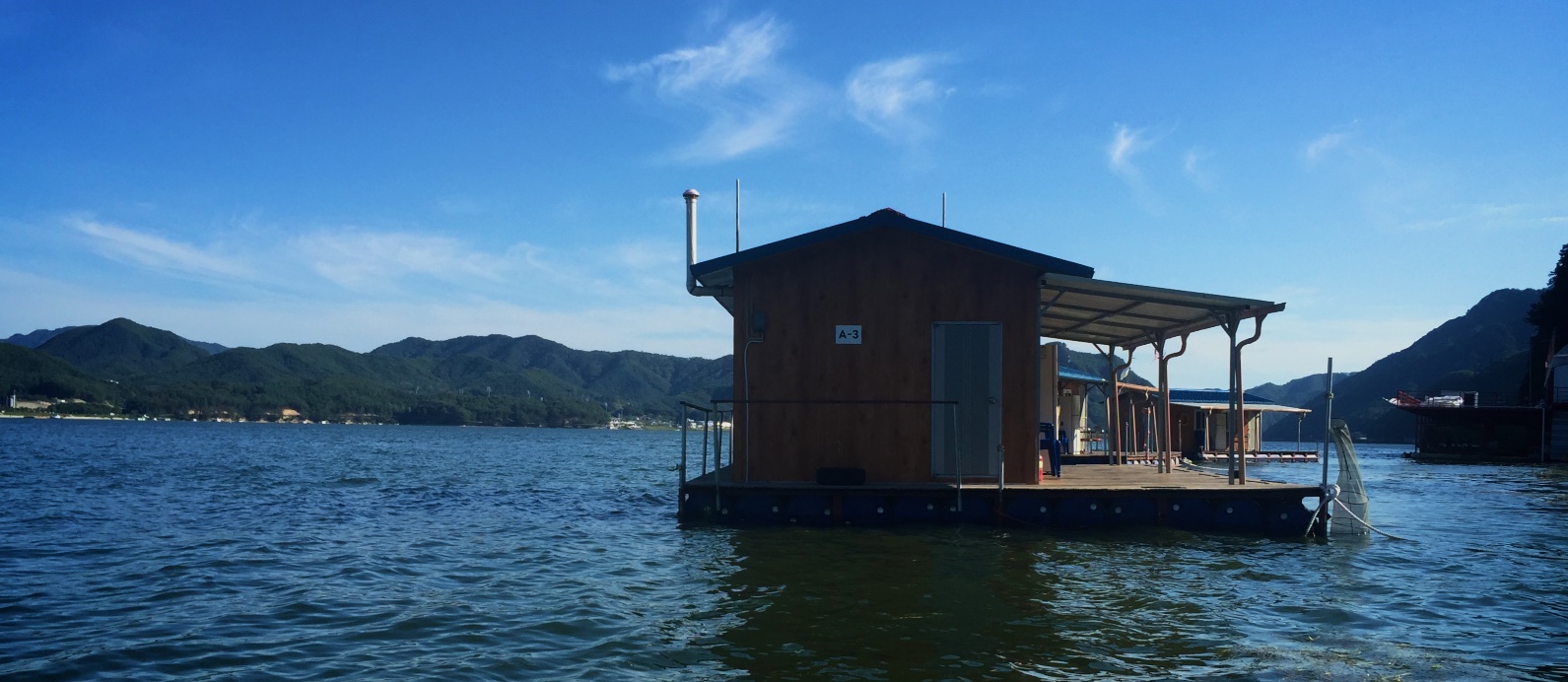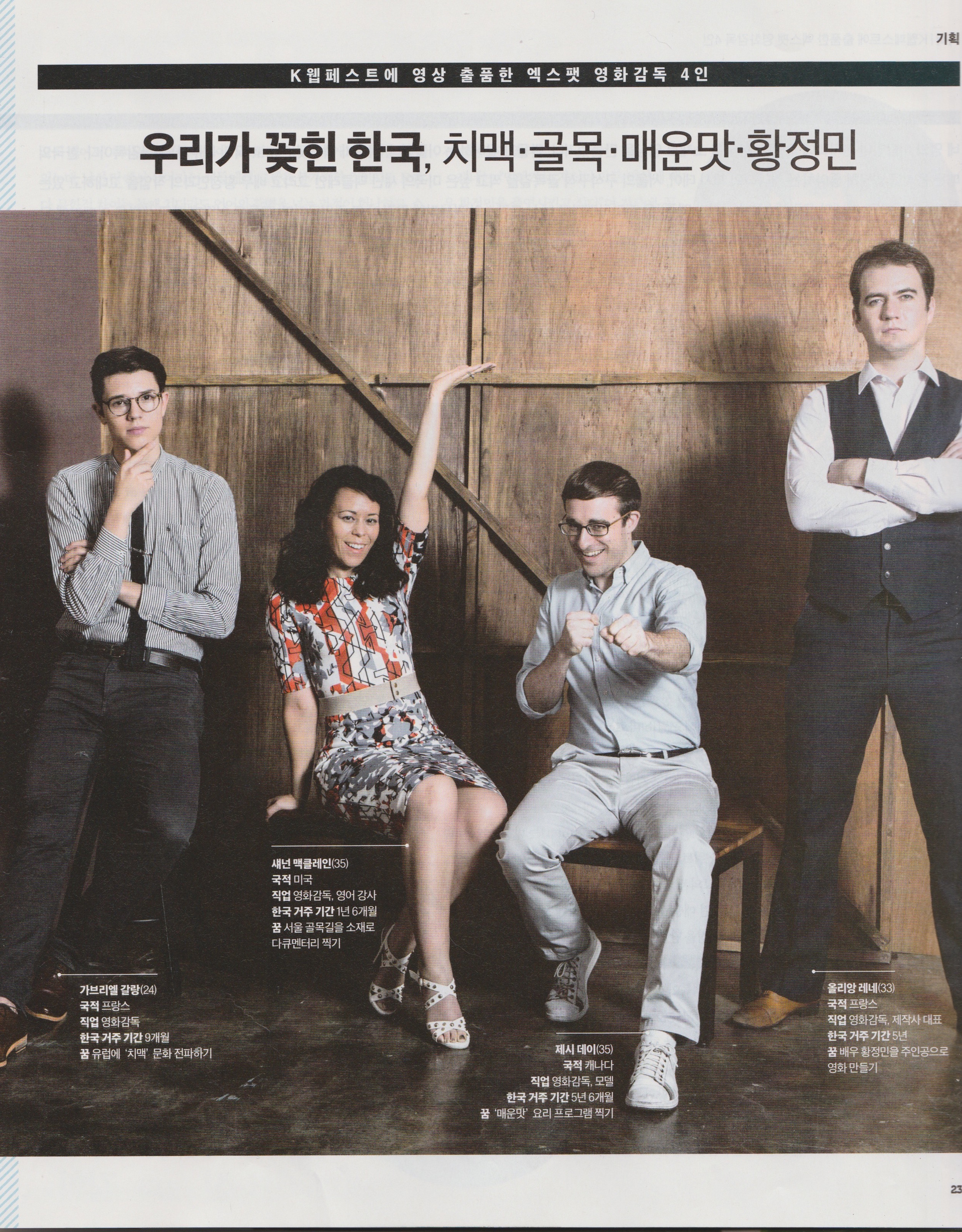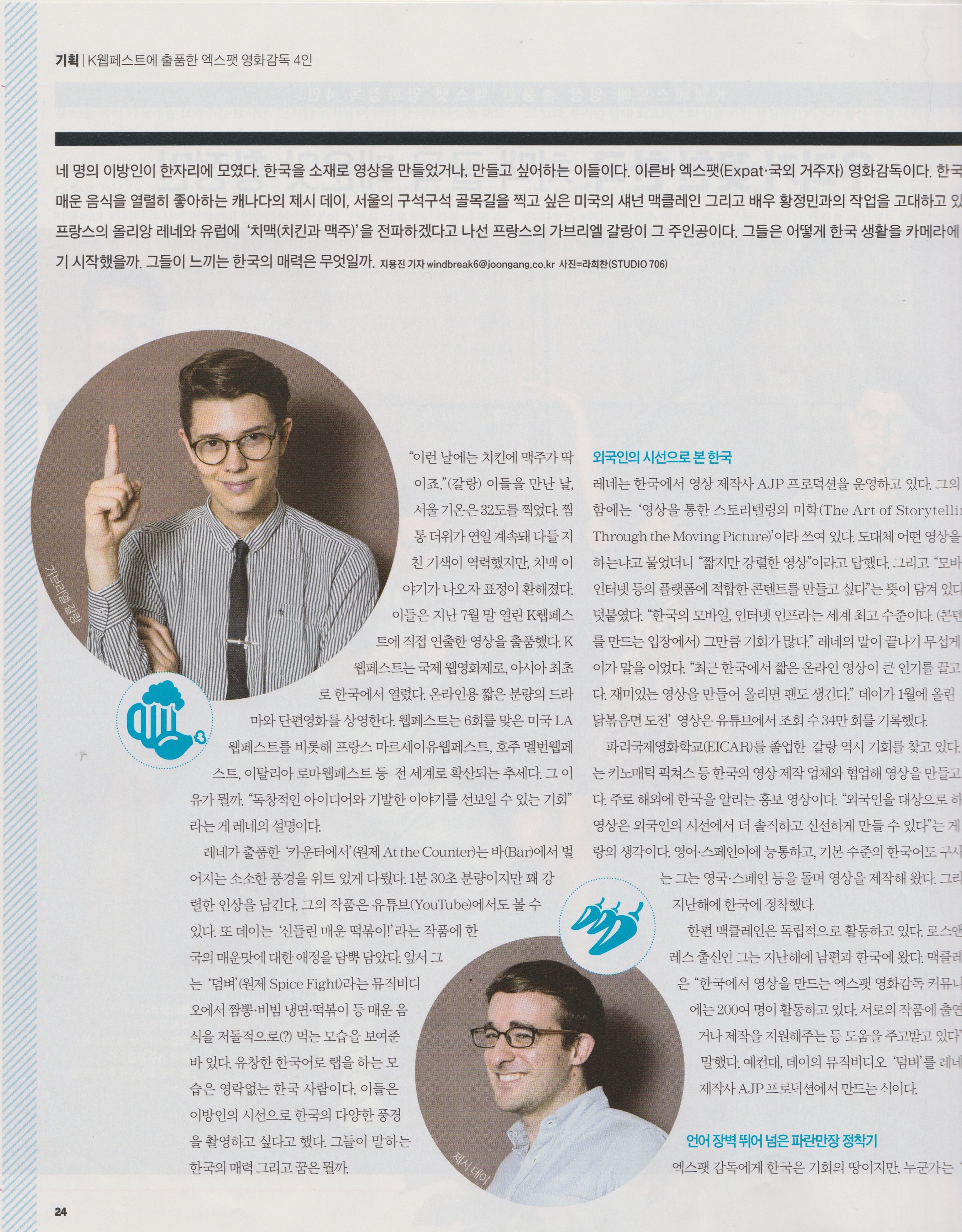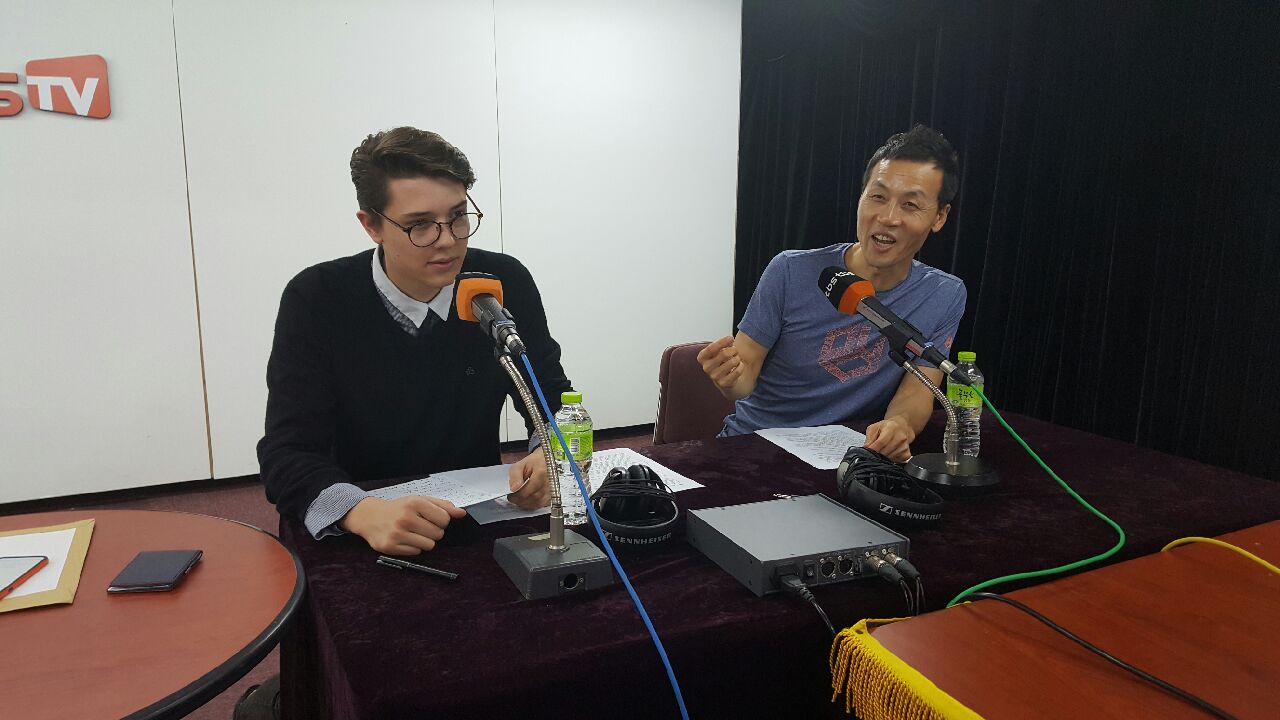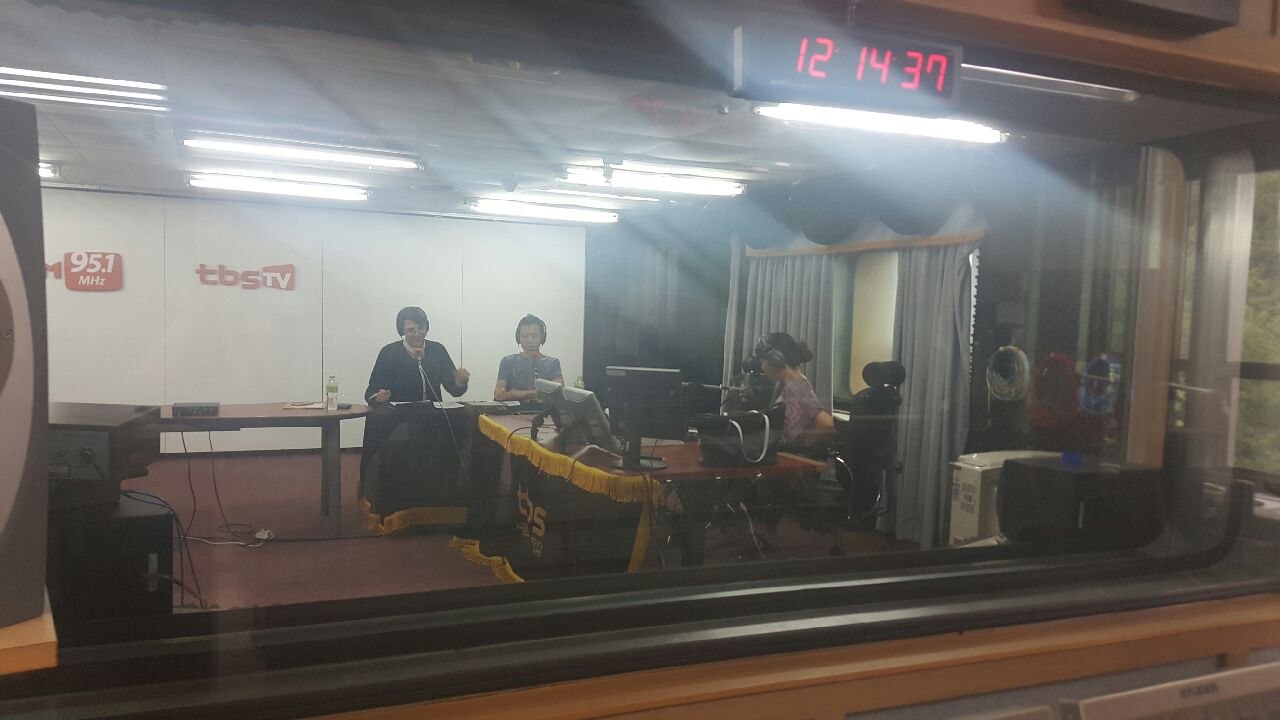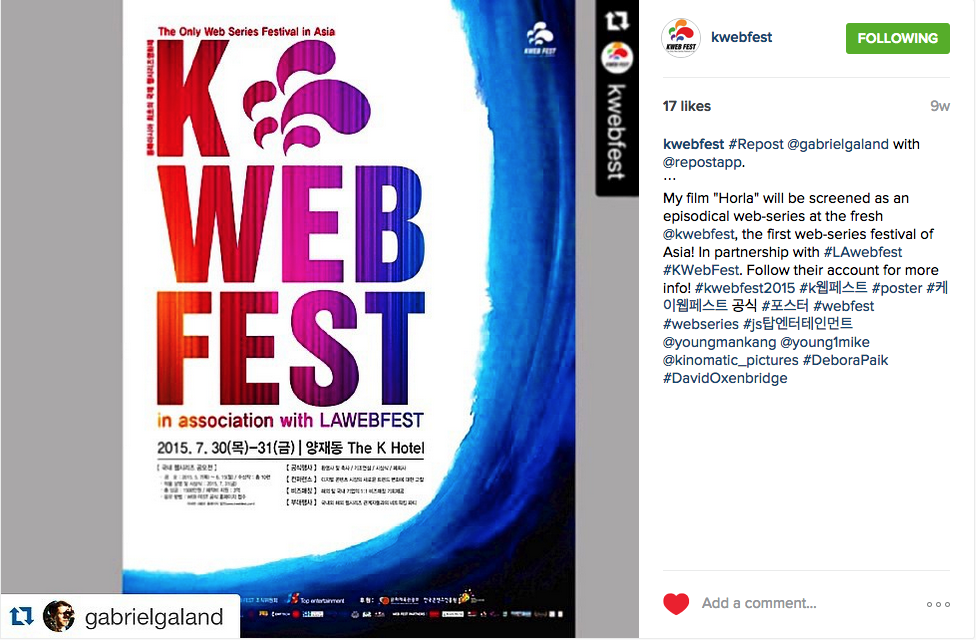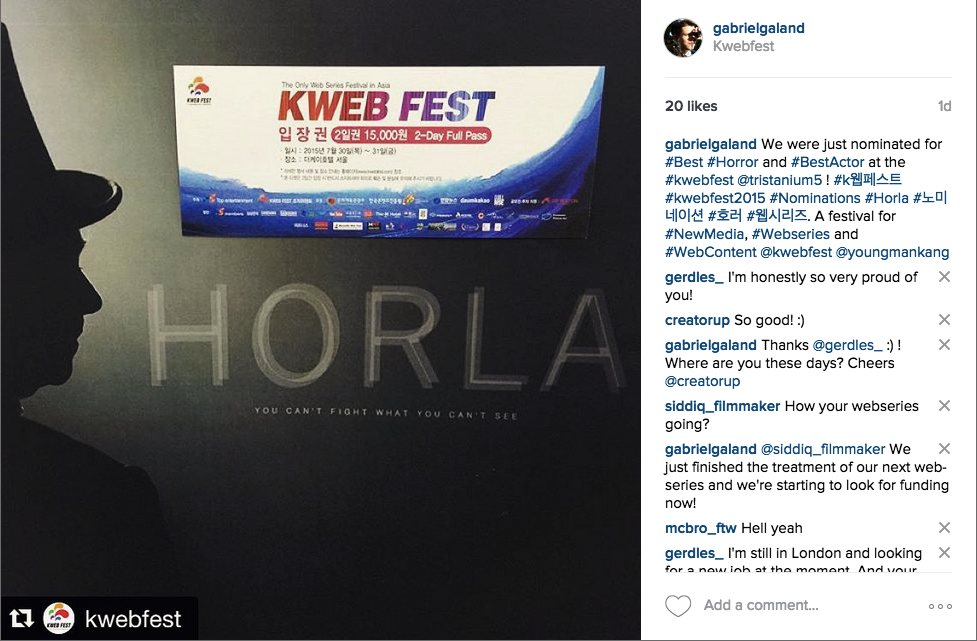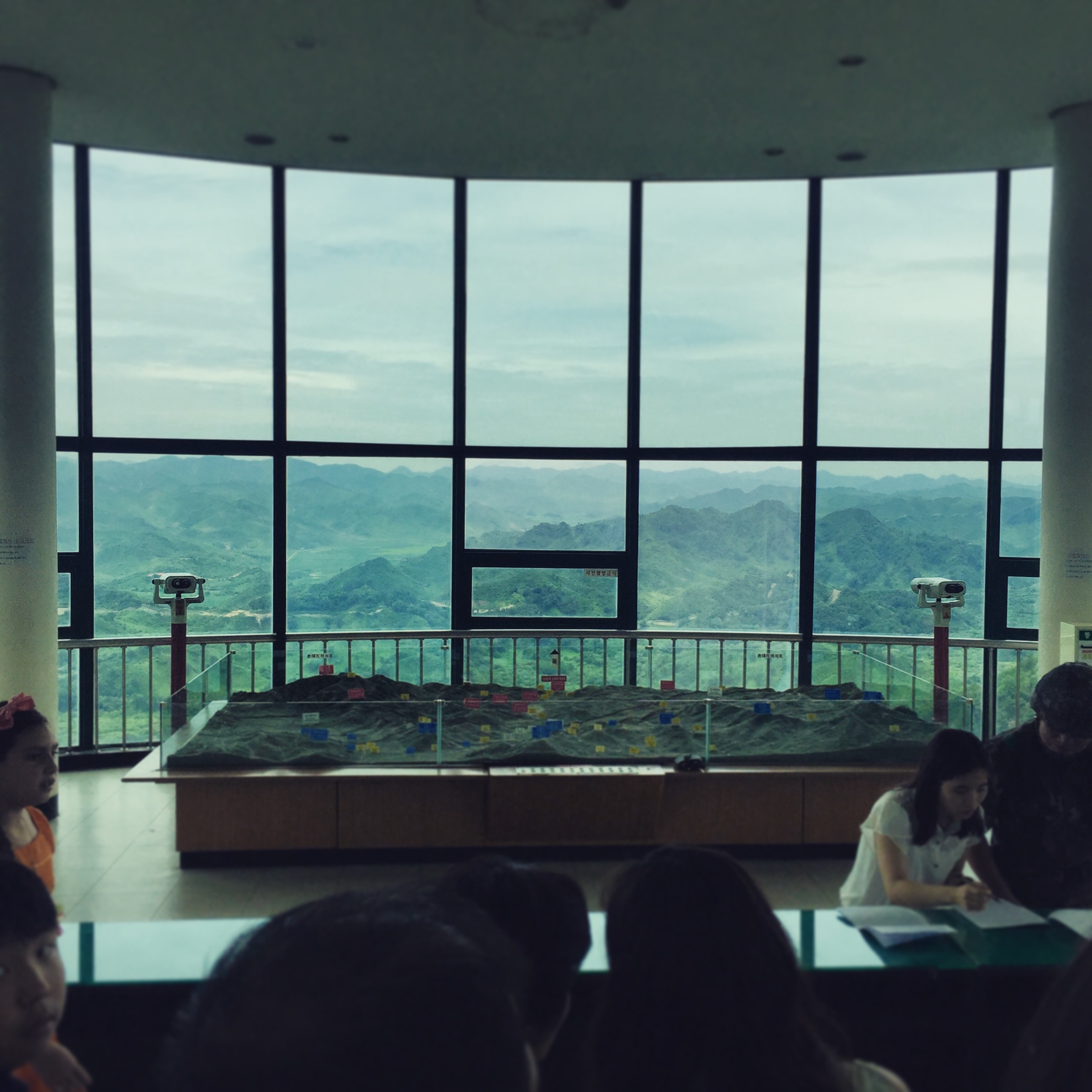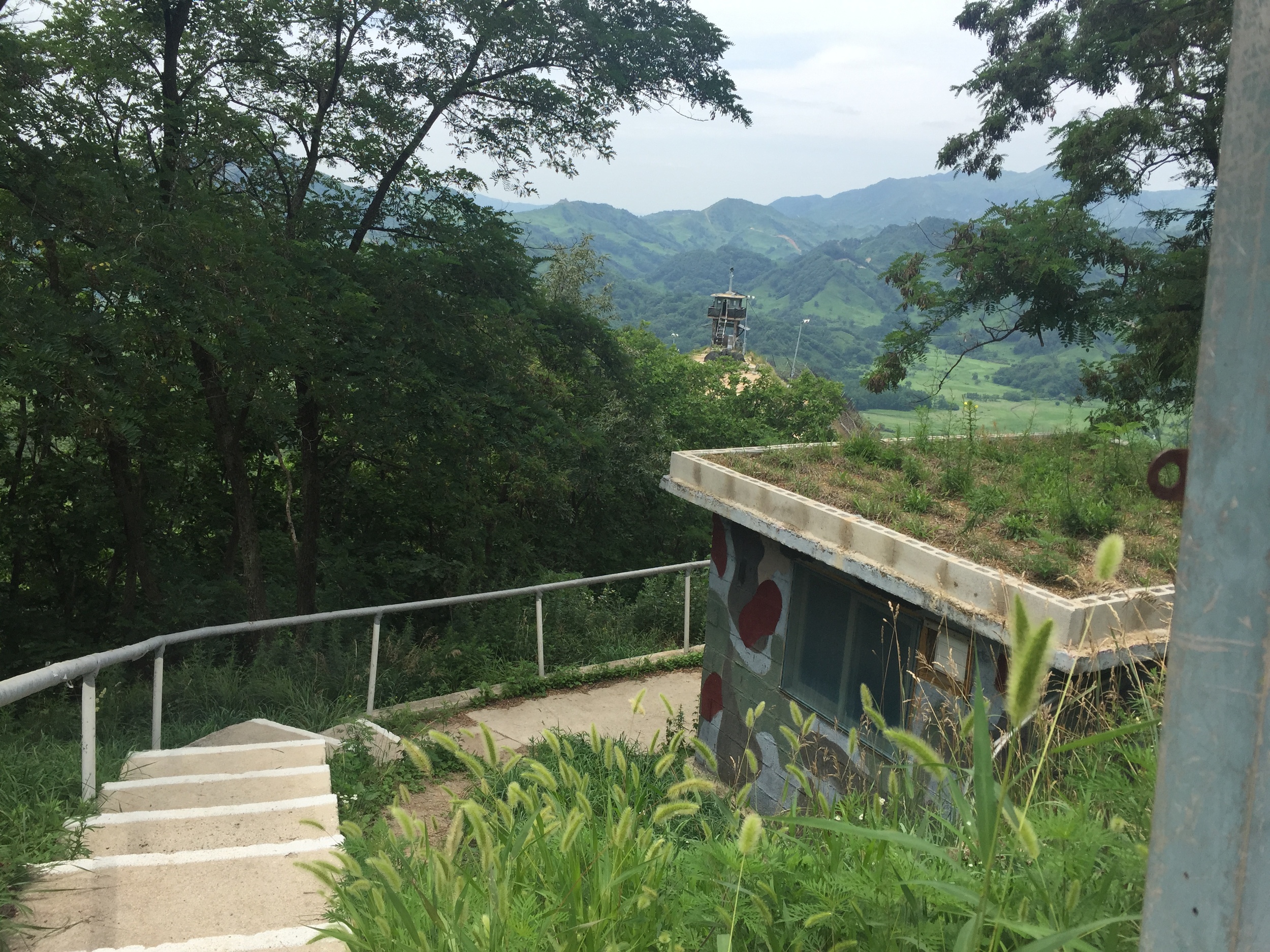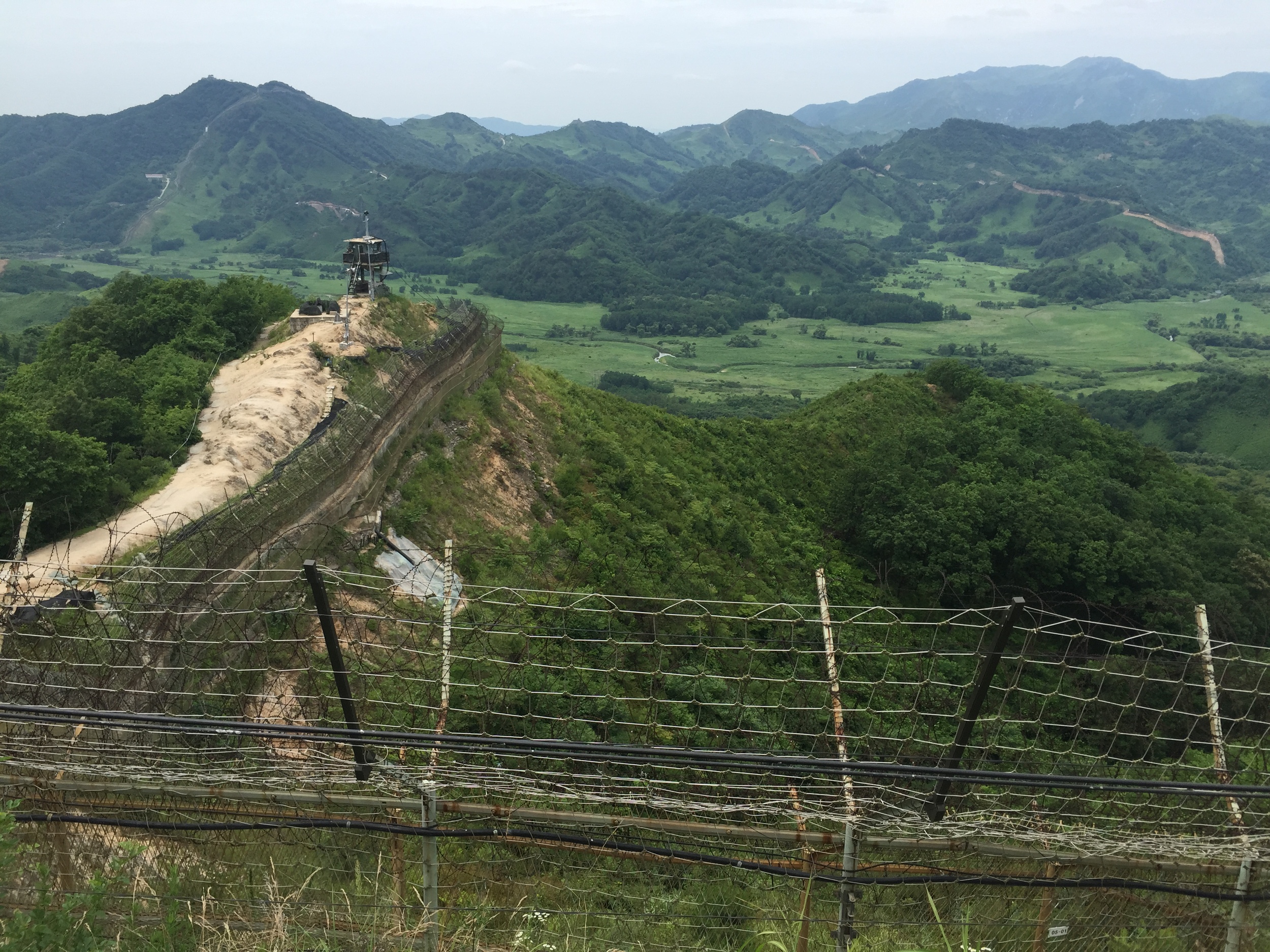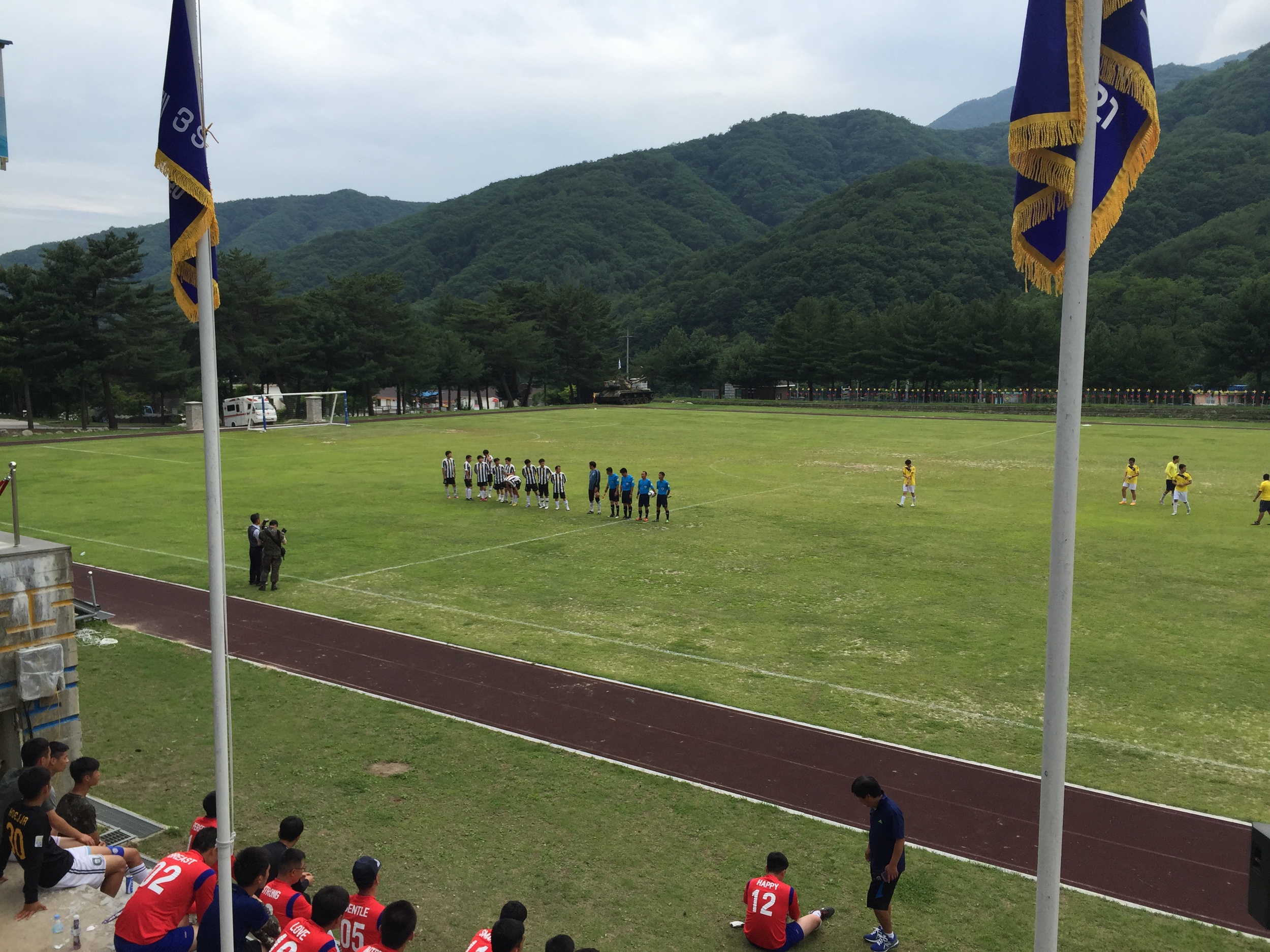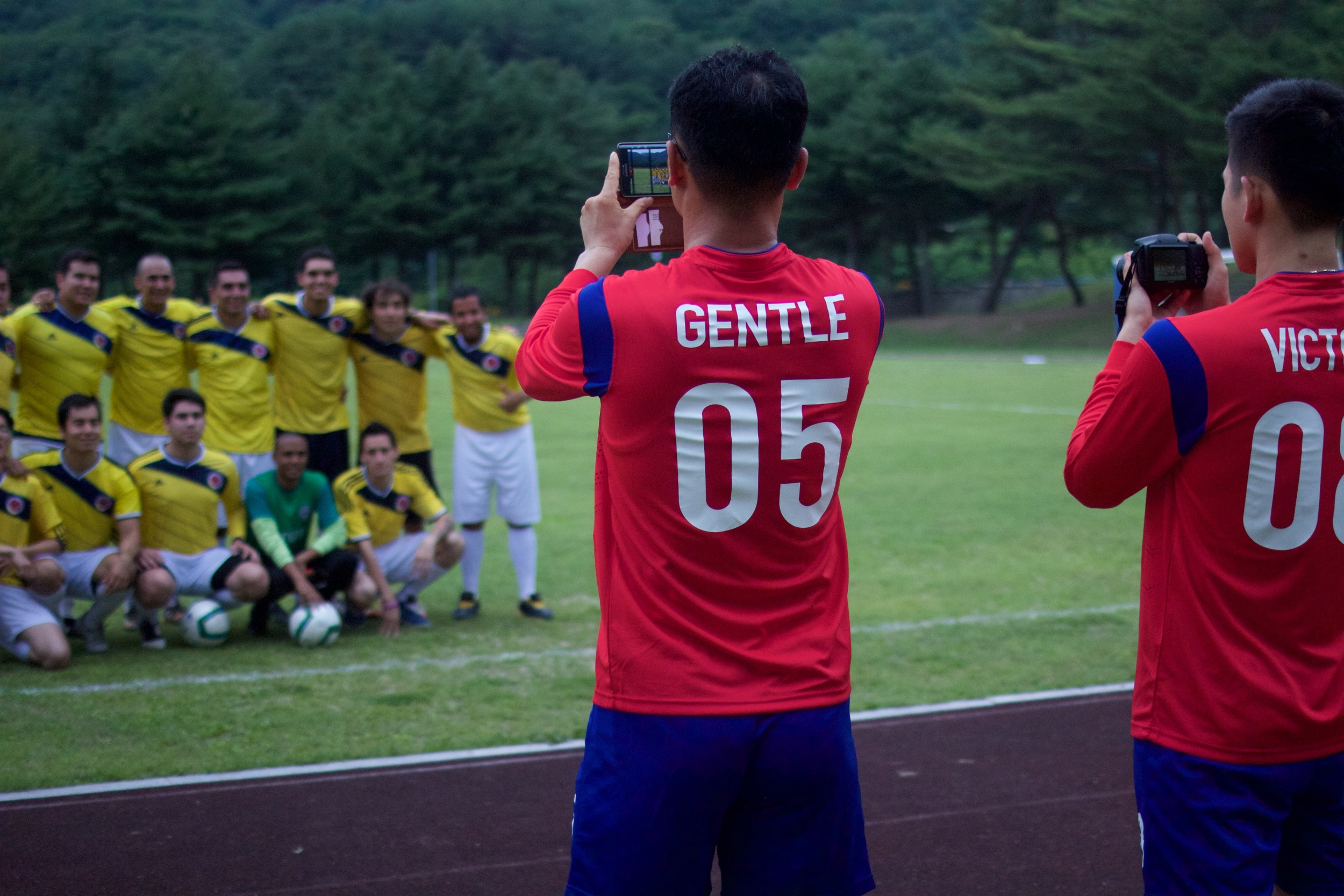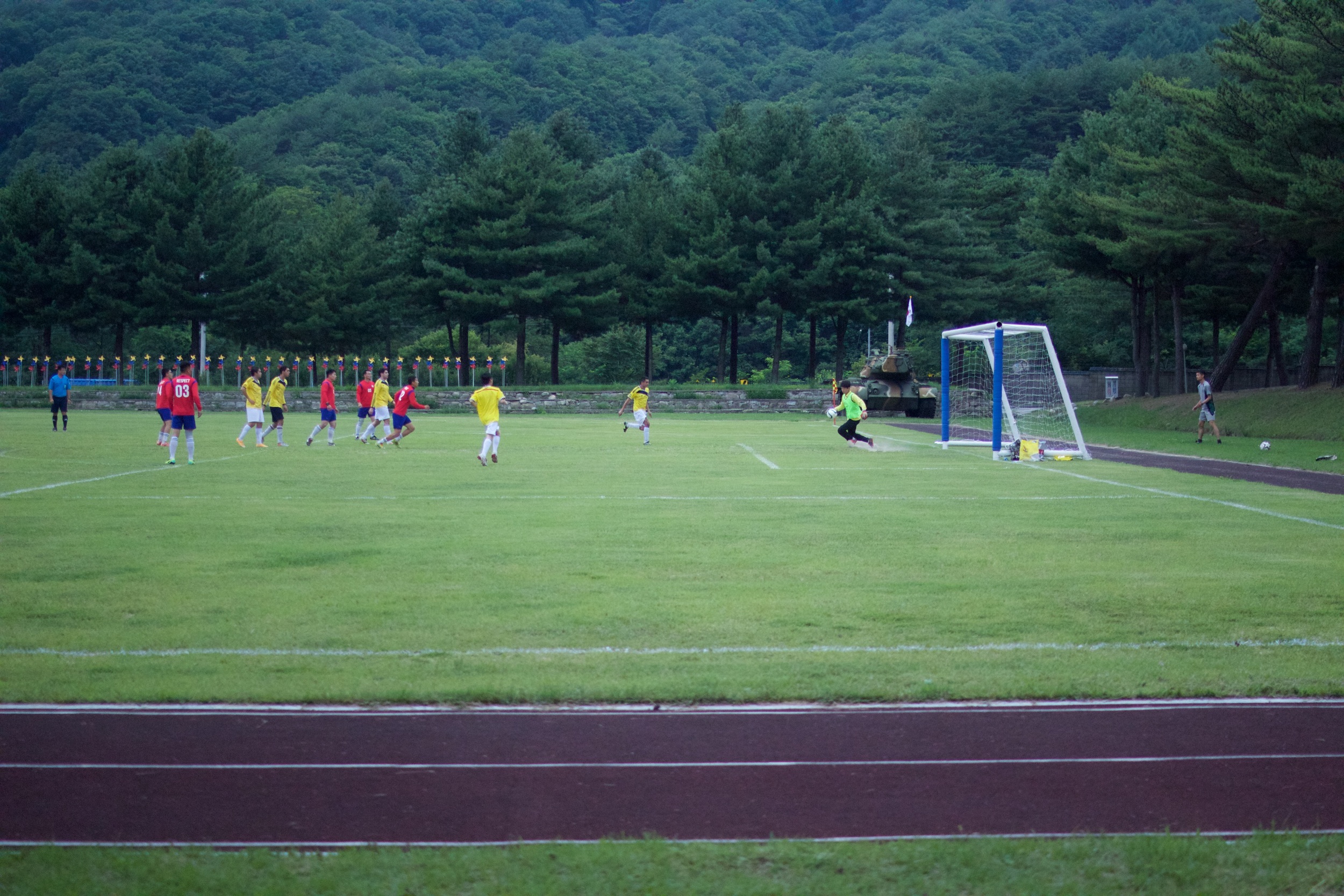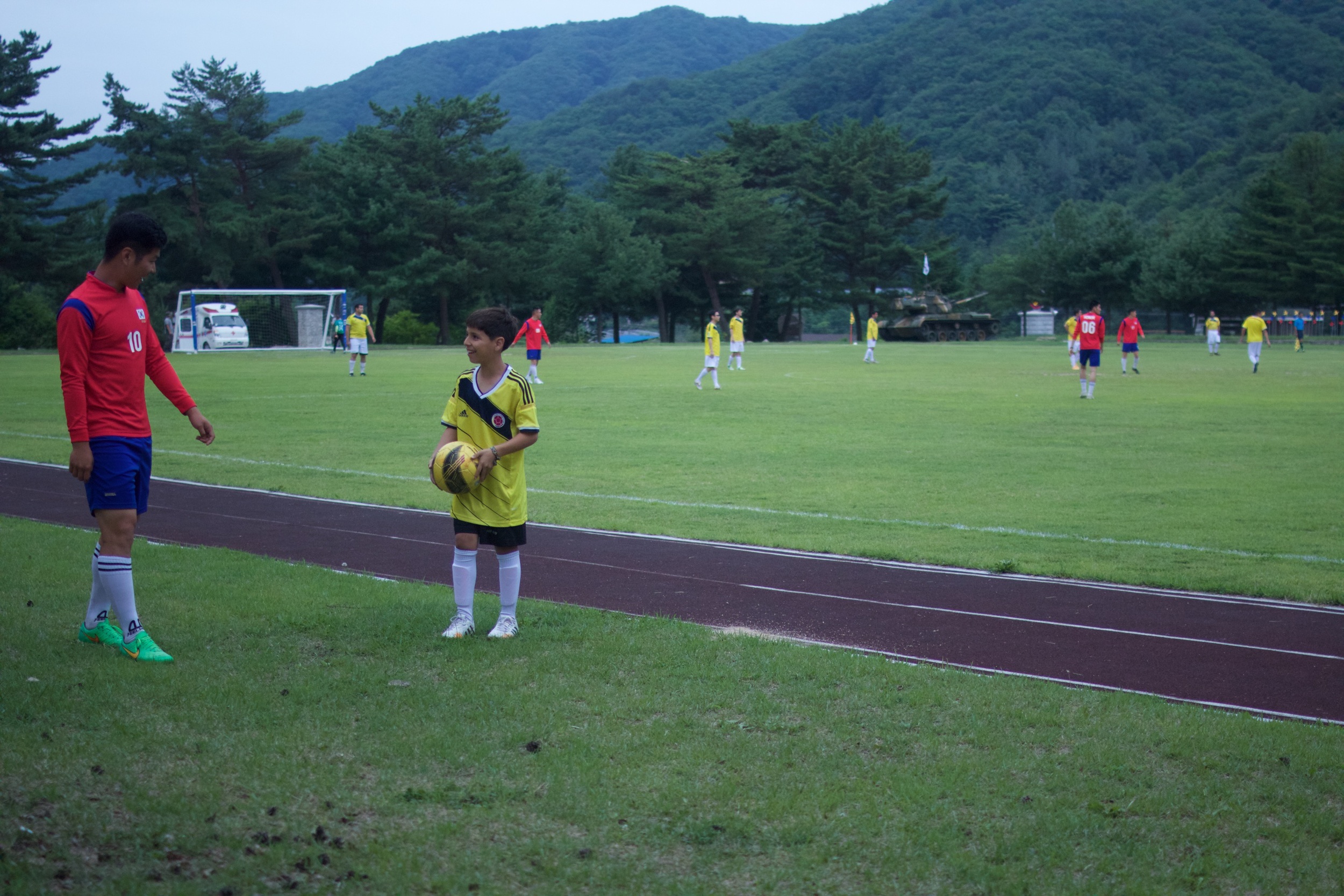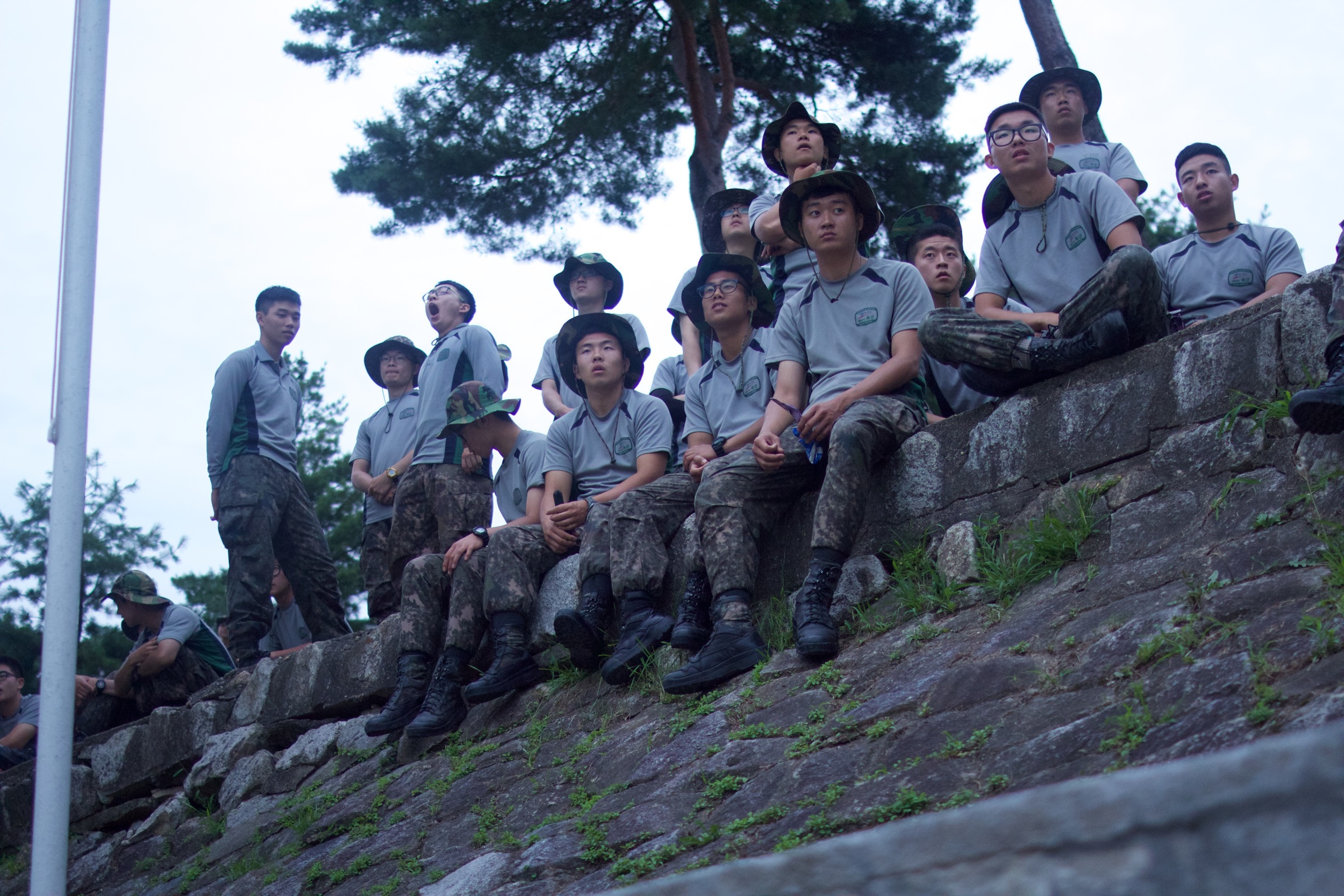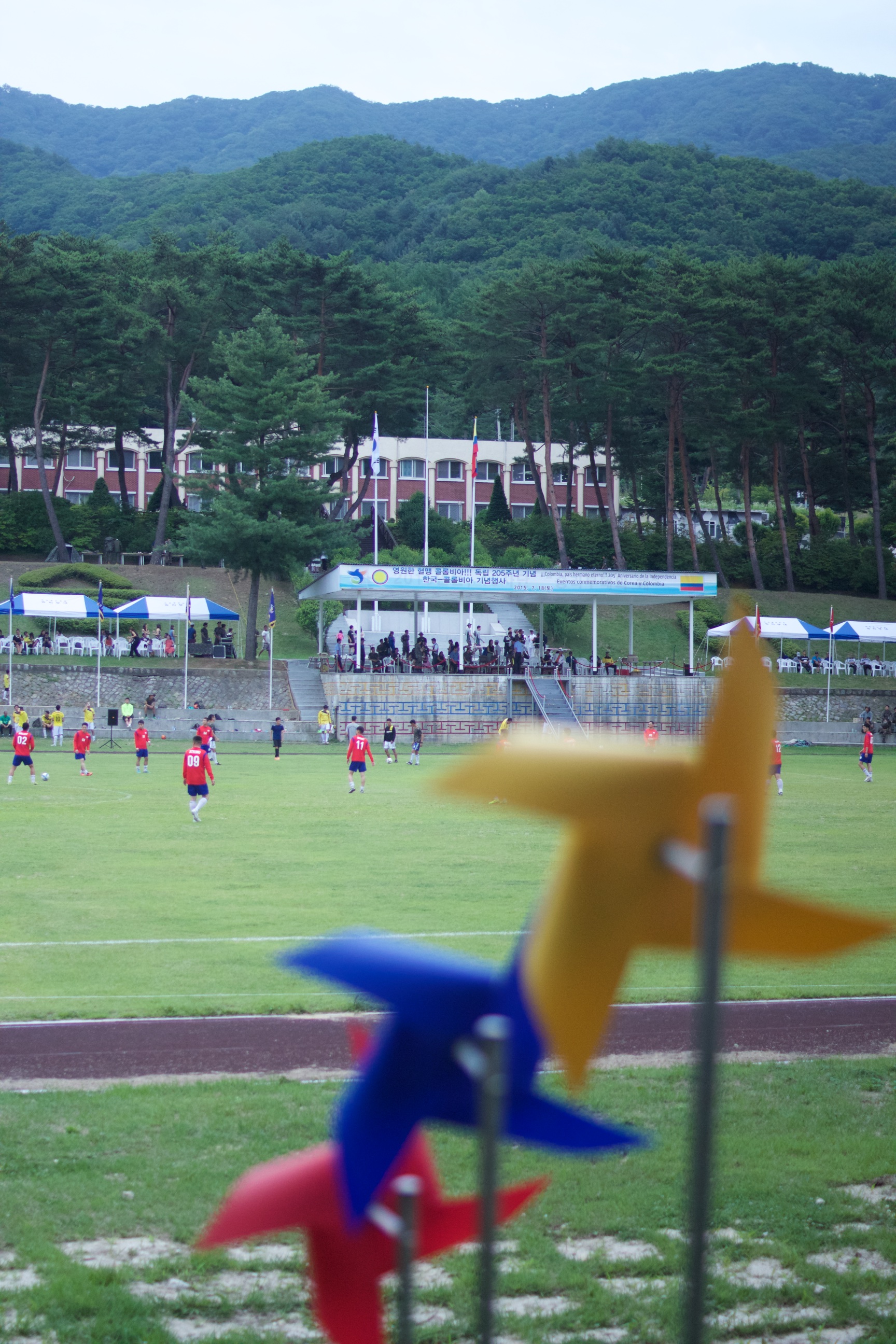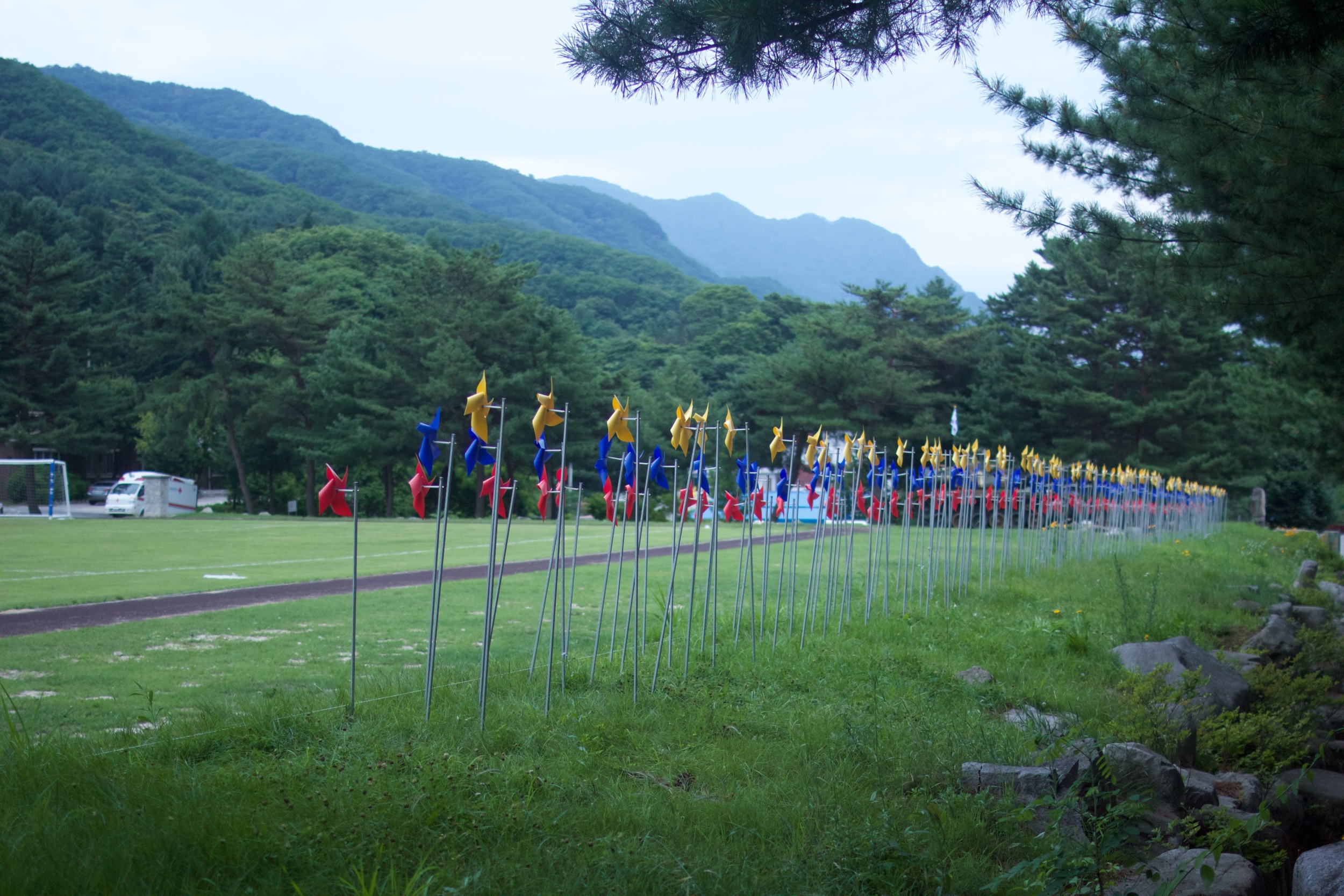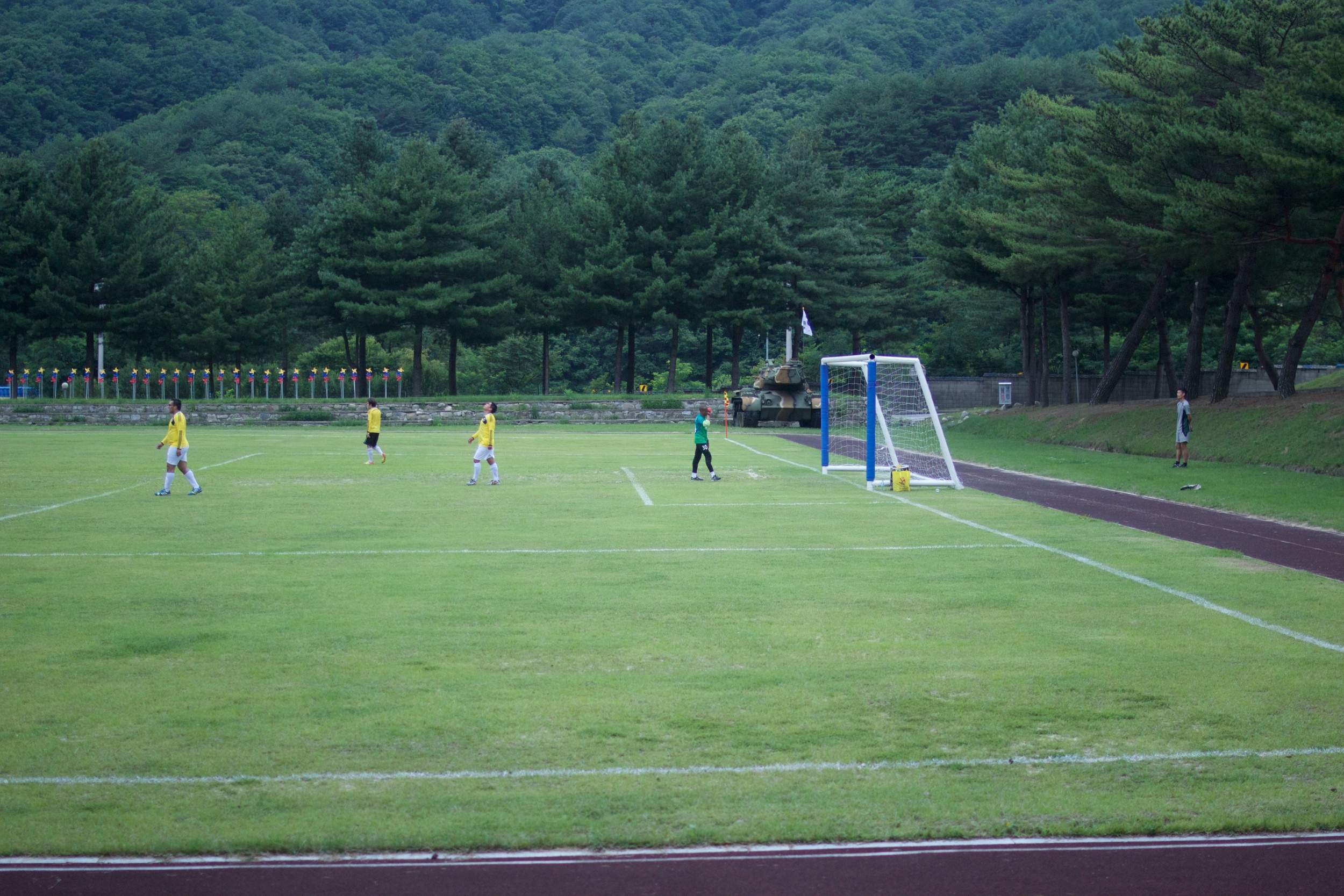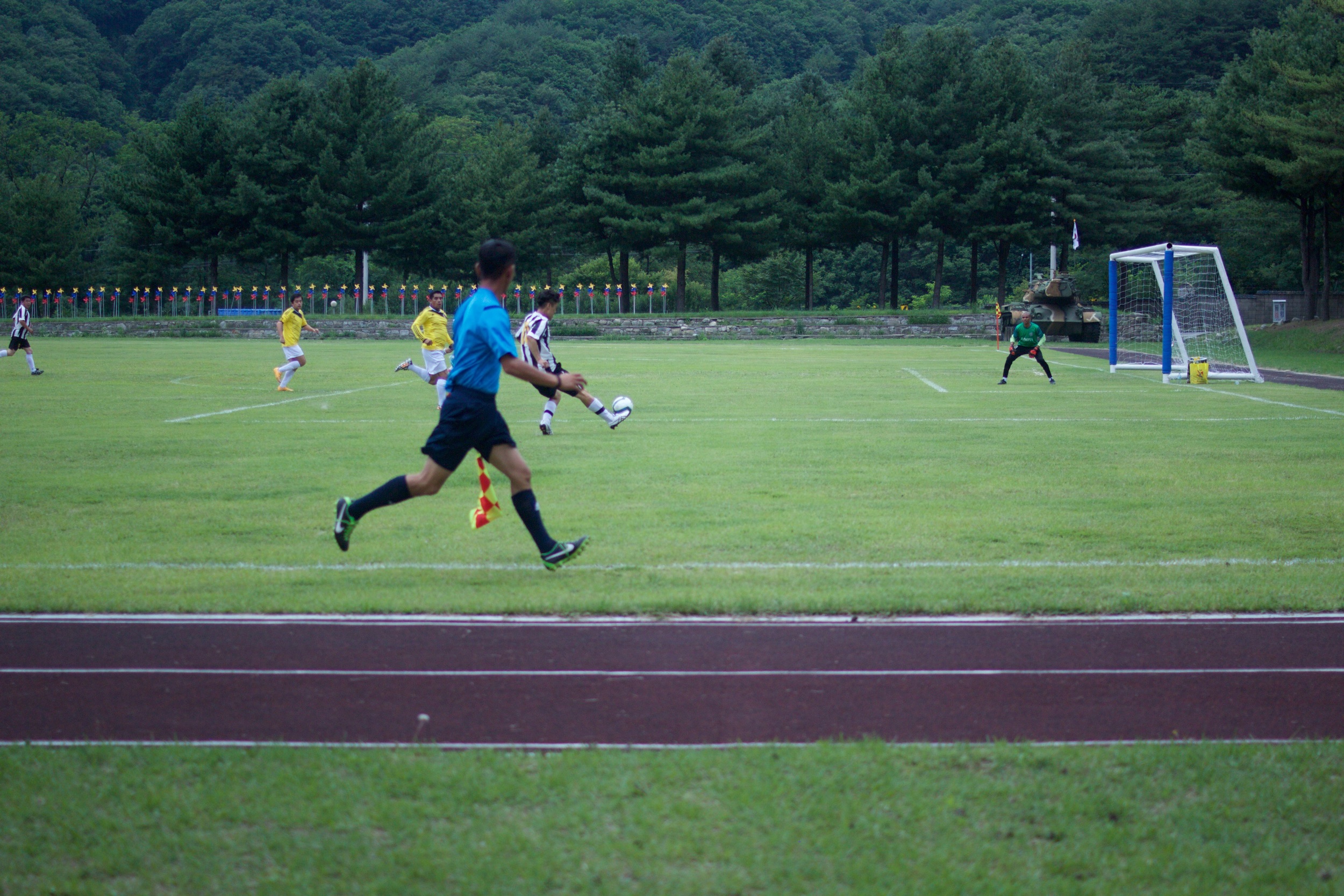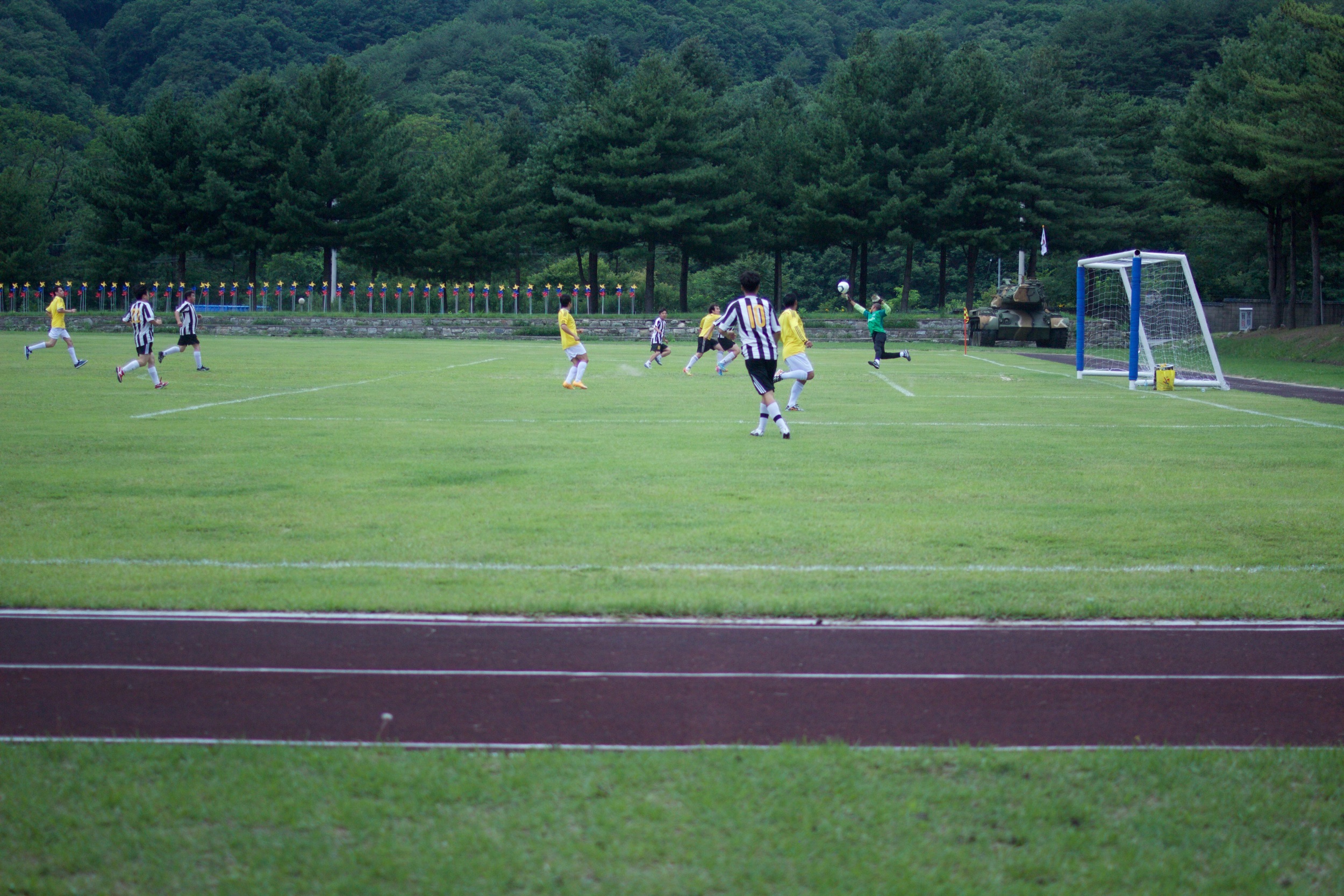Gabriel Galand: Director, Cinematographer & Producer
By GlamSalad.
Movies have the power to transport an audience into new, fantastical worlds. Gabriel Galand is one individual who creates them for a living.
There are few vocations which seem as exciting as that of a filmmaker. Images of red carpet premieres and movie sets with craft services (think lots of exquisite snacks) come to mind. Sure, it is a thrilling concept, but turning a film idea into reality requires incredible effort, constant editing and long, arduous hours on set.
In order to find out more about the life of a moviemaker, we caught up with Gabriel Galand, an independent film director, cinematographer and producer. His award-winning films include Horla, Above the Mist, and Resilience. He has also produced commercials for clients such as Chevrolet, Exxon and LinkedIn.
Knowing a thing or two about resilience and bouncing back after setbacks, Gabriel shared his advice for aspiring filmmakers. “You should not give up on your projects until you find the right audience for it,” he insists. “Someone, somewhere on the planet, will like your film, it’s almost guaranteed.” He also thinks it’s absolutely necessary to “watch lots of films and television.” Keep reading to discover more!
1. What is your background?
I was born and raised in Paris, France and also spent some time living in Sydney, Australia and London, England during my childhood.
The culture shock I went through when I discovered the English world – and the reverse culture shock I had when I returned to France – broadened my horizons and expanded my mind. I was no longer a mere product of French history; it was so refreshing to be just a world citizen. As an adult, I have been keeping my passion for traveling alive – [by] living in Seoul, South Korea for a year and half and now residing in Vancouver, Canada.
Portrait of a cinematographer
2. If you could go back in time, what would you tell your younger self?
I had a sheltered childhood. I always tried hard to impress my peers and teachers, which led to many disappointments. While it was not a positive experience, overcoming it made me the person I am today. Hard times help mold your personality and define what it is you would like to be or to do on this planet. If I had to go back in time, I would try to embrace the world sooner and not be so fixated on the past. Granted, we did not live through the invention of cinema, or electricity or even planes, but with the rise of the internet we are at the dawn of a new industrial revolution, perhaps an even bigger one. We should seize its opportunities!
3. What sparked your interest in producing and filmmaking?
To be honest, I was not always a cinephile. I first became keen on cinema when I was on a one-year exchange program in Sydney in 2002 and 2007. Watching films and television helped me familiarize myself with the English language, and it left me wanting more. When I went back to France, I relished the opportunity of binge-watching shows or films in English – particularly British TV, such as The Mighty Boosh, Skins, Misfits, and The Inbetweeners. Not long after finishing high school in France, I moved to London for a film course and I realized then that I wanted to be a filmmaker. Afterwards, I went back to Paris to complete a three-year Bachelor of Fine Arts and have been making my way into the business ever since.
Shooting a drama film in Switzerland : Fabrice Chapuis
4. What would you tell young teens looking to get into cinematography?
First and foremost, watch lots of films and television (in high quality please!) on Netflix/Hulu/Prime. That’s the fun part because you can never watch too much TV if you’re a filmmaker in-the-making!
Moreover, I would suggest following YouTube channels such as EveryFrameAPainting and Nerdwriter1; they provide great analyses of classic films, for free! Also check film posts on Twitter and Reddit, there are great discussions about films there.
If you have some time, make a step outline of your favorite movie(s) – I would recommend not to necessarily use the one you find the most artistic, but the one you watch again and again. Basically, you hit pause every time a new shot comes onto the screen and briefly write down your thoughts on it: what did you see? What did you hear? What new information is the shot telling you? New characters? New prop? An action? And so on. It takes a few hours to do it but it’s the best way to grasp how a film is made. At the end of it, you’ll be able to see how everything sticks together, how a director keeps the pace and your heartbeat racing, and how little you need to actually show or hear for people to understand what is going on. For me that’s the key to great filmmaking.
Last but not least, put a little money aside and invite your friends and family on Sundays to make short films, documentaries and music videos. Provide free pizza and drinks! Now, the important part, don’t just leave them as files on your computer, share them online or send them to free film festivals around the world, someone will see your film!
Working on Gabriel’s movie, Resilience, produced by Tiziana Giammarino. : Fabrice Chapuis
5. What are some things you’re passionate about besides for directing and producing?
I love traveling, discovering new cultures and gastronomy. I love technology and gadgets of all sorts – and I recently started piloting a drone and I absolutely love it. It’s such a thrilling experience, especially as a filmmaker because you use your framing skills to operate the drone.
6. What does a day in your life look like?
Every day, I need one to two hours to get out of morning sleepiness. I’m not a morning person! Then, when I’m fully awake, I go through the day’s events on my calendar and prepare for them. There isn’t work every day so a lot of my days are about developing my screenplay ideas or reaching out to others for inspiration or interesting conversations. I usually pay attention to time zones so I know when I can contact my friends and family around the world.
While working as a part-time waiter to fund his short films, Gabriel made the May 2014 cover of Bon Appétit.
7. What are some things you’re excited about right now?
I’m currently writing a new short screenplay as well as doing some research for my first feature film. I recently moved to Vancouver, Canada, so I’m still rejoicing at every little bit of American culture that I can distinguish or compare to European, Australian or Korean standards. And every two months or so, I get some good news regarding festival selections or awards and two to three times a year I can actually travel and attend the festivals in person, that’s always fun!
8. Did you have any notable setbacks during your filmmaking career?
The post-production of my biggest short film, Horla, was a nightmare. My original cut didn’t make the school’s end-of-the-year projections because it was not considered “good enough” so it was a big disappointment. At this stage, most of the students I knew that also didn’t make the selection gave up on their films but I really didn’t want to, especially since I had poured so much of my own and my crew’s time into it (as well as a full year of part-time waitering). Afterwards, when I moved to South Korea, I got inspired again for my film and with the help of my partner and our new Korean friends, I re-edited the film, changed the story slightly, did a new sound design and added effects. Now, three years later, it went on to be selected at more than seventy festivals across the world and I landed a few distribution deals. The point is that you should not give up on your projects until you find the right audience for it. Someone, somewhere on the planet, will like your film, it’s almost guaranteed.
9. What has been your proudest moment?
One moment that meant a lot to me was the first time I saw my film streamed online on Shudder. I could see the reviews of people I didn’t know, talking about something I did. Good, average, or bad, it wasn’t the point – it was the fact that a conversation was started on a piece of art that we created. Opinions couldn’t be more different from one to the other, but it was very interesting to read the thoughts of people that had liked the film and of others who didn’t. It allowed me to pinpoint the elements that didn’t work and the ones that did work well in the film.
10. What is your vision for the future?
At the moment, I am still in a transitional period – learning about the Canadian lifestyle, but eventually I would like to direct my first feature here. In the meantime, I am happy producing and directing short films, commercials, music videos, here but also in France and in South Korea.
Some facts about Gabriel:
He likes to follow the works of the Mexican trio Guillermo Del Toro, Alejandro Iñárritu and Alfonso Cuarón.
He is happiest when he’s with his partner, “talking about life!”
His favorite foods are “Korean Tonkatsu, BBQ, and of course French/Italian charcuterie with lots of cheese and wine!”
The best piece of advice he ever received is “don’t be afraid of failure, you need obstacles to overcome in order to progress.”
His favorite parts of the filmmaking process are the “pre-production meetings with heads of department – those moments when everyone is there with you, learning everything there is to know about your project and creating art together.”
Production Credits
Photographer: Javier Sotres
Facebook: Javier R Sotres Photography
Instagram: @sotresjr_photography
Check out his website to see more of his work.
Art Director: Laura Katz
Instagram: @laurakatzzz
Check out her website to see more of her production portfolio.
Interview: Adelle Goldenberg
Instagram: @adellegoldd
Contact her at adelle@glamsalad.com.






